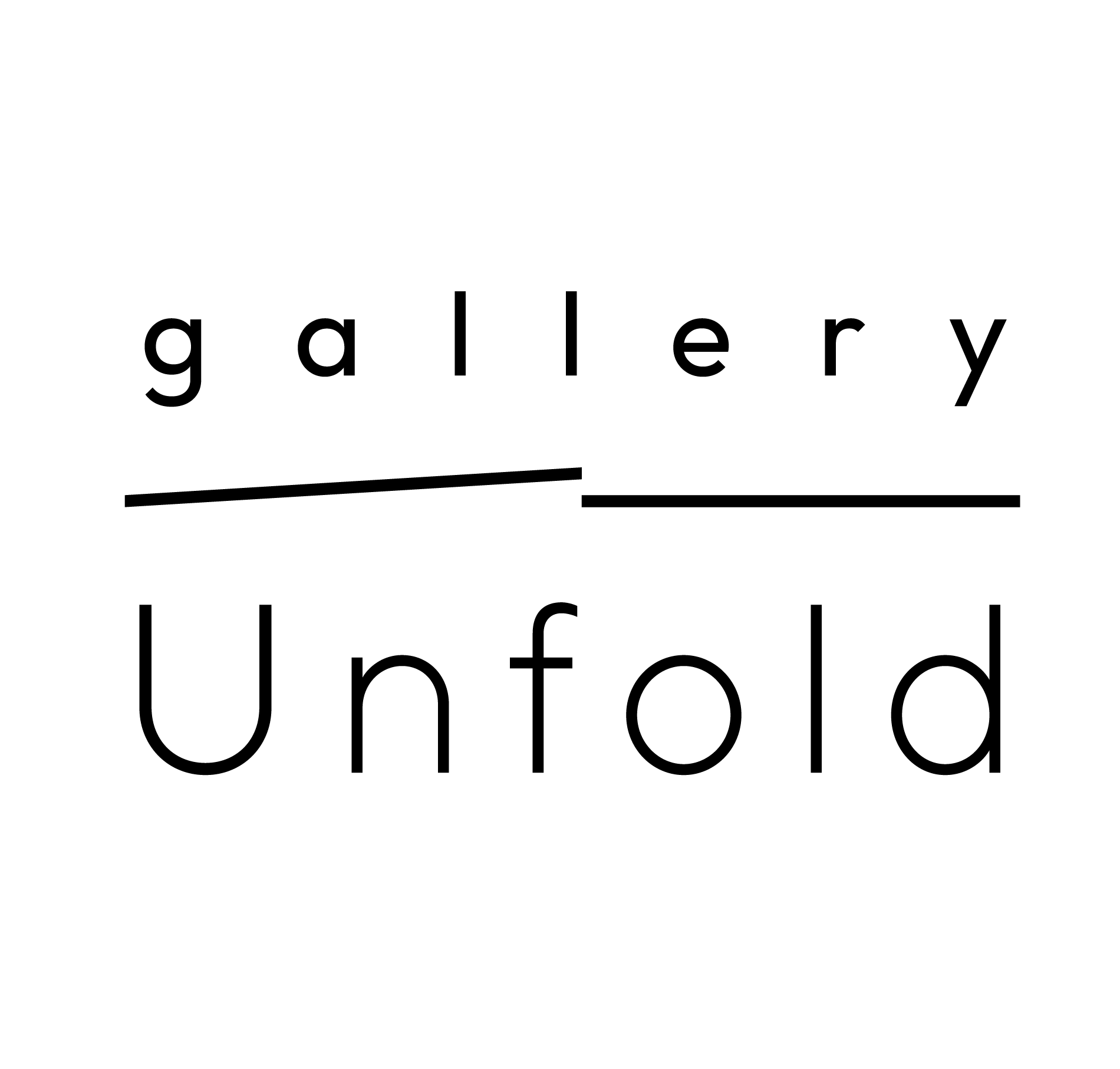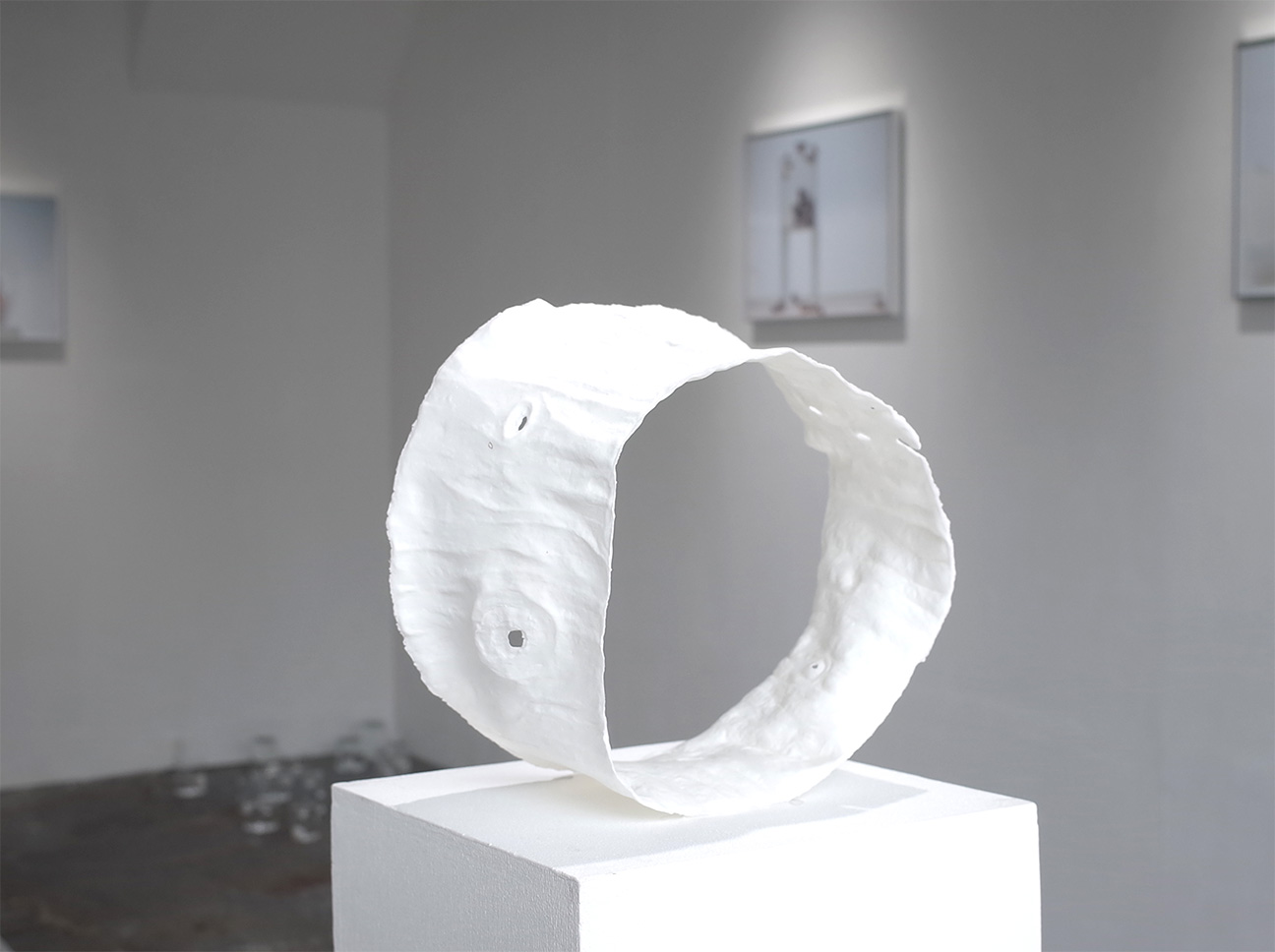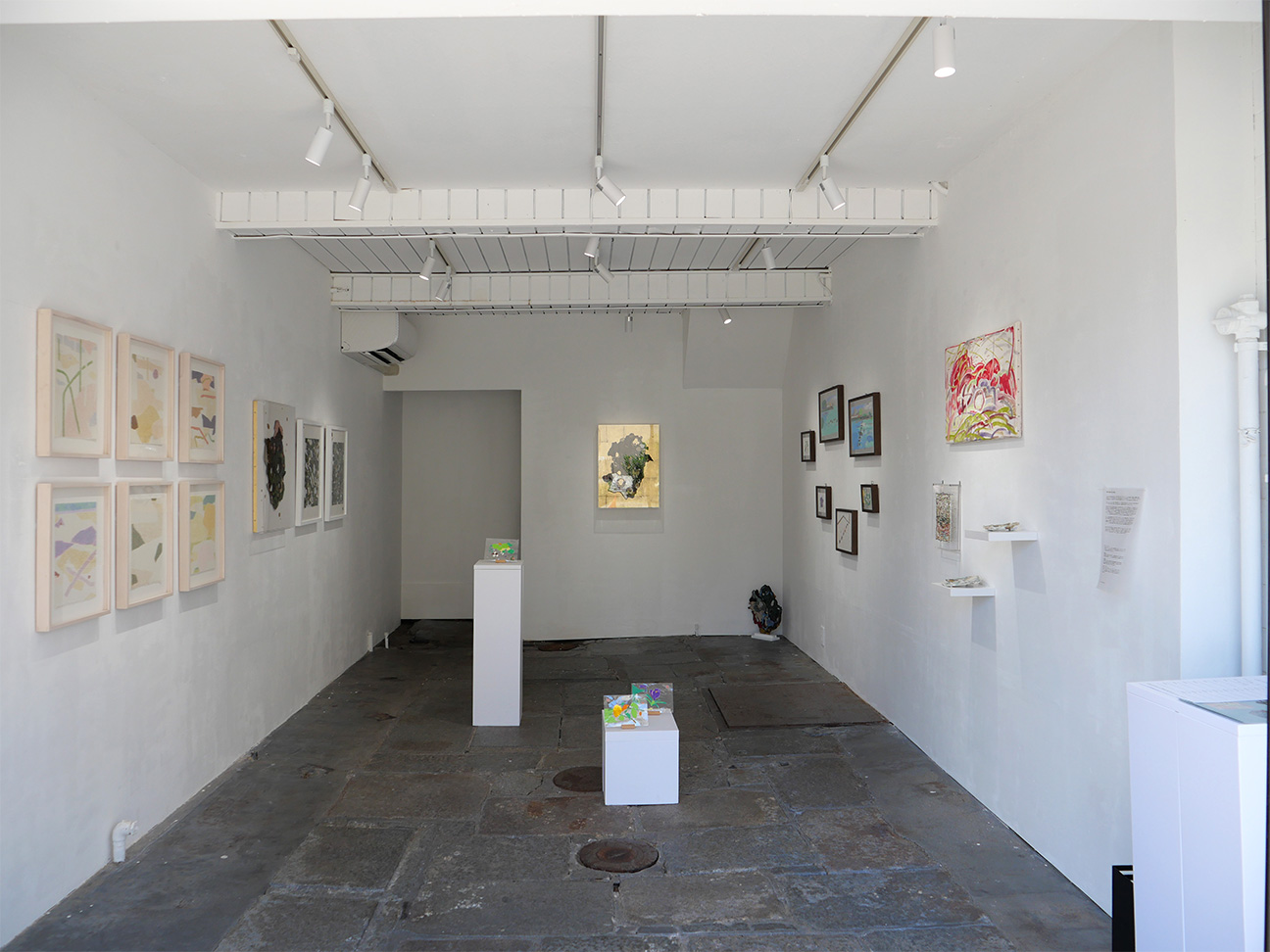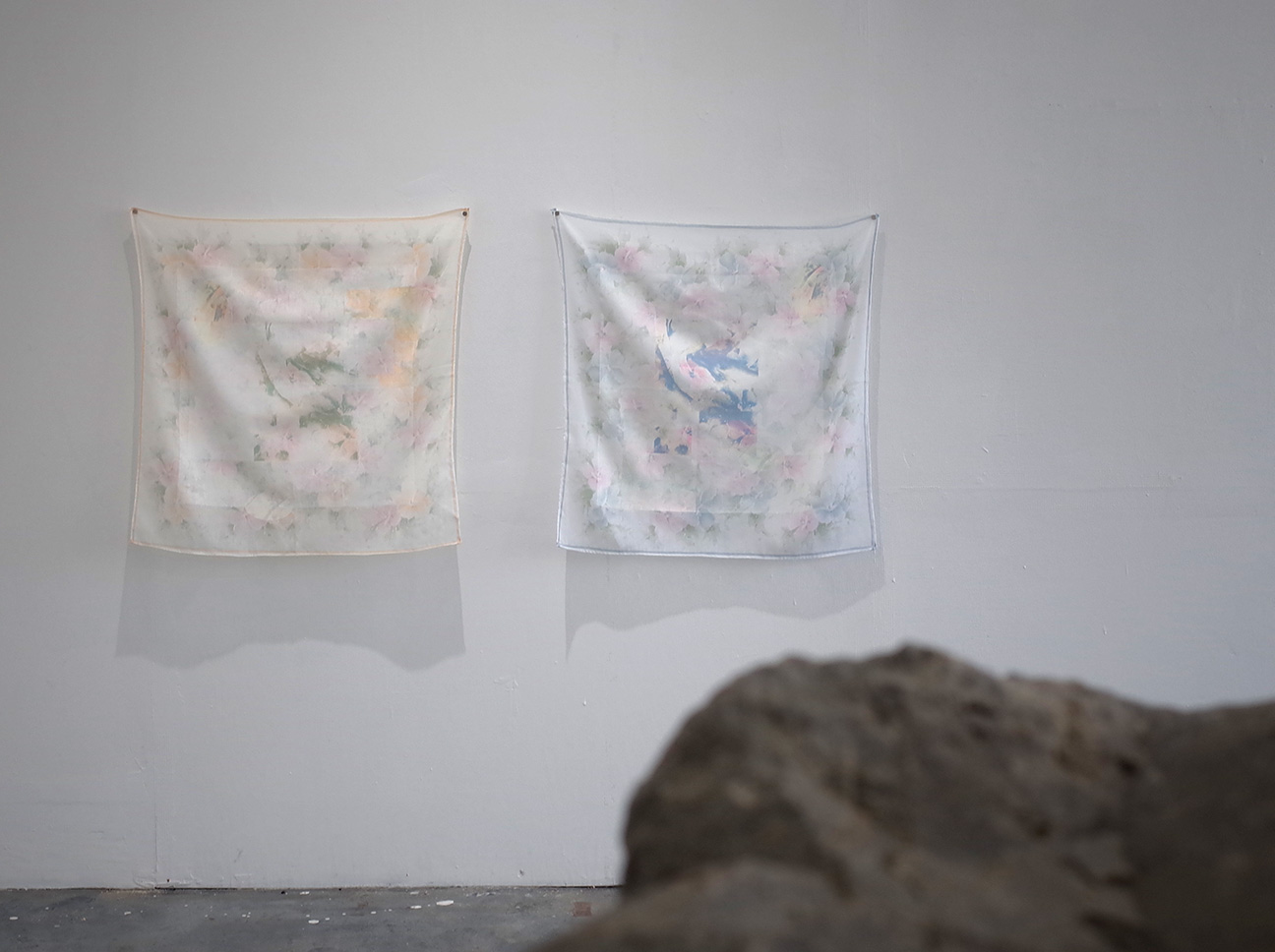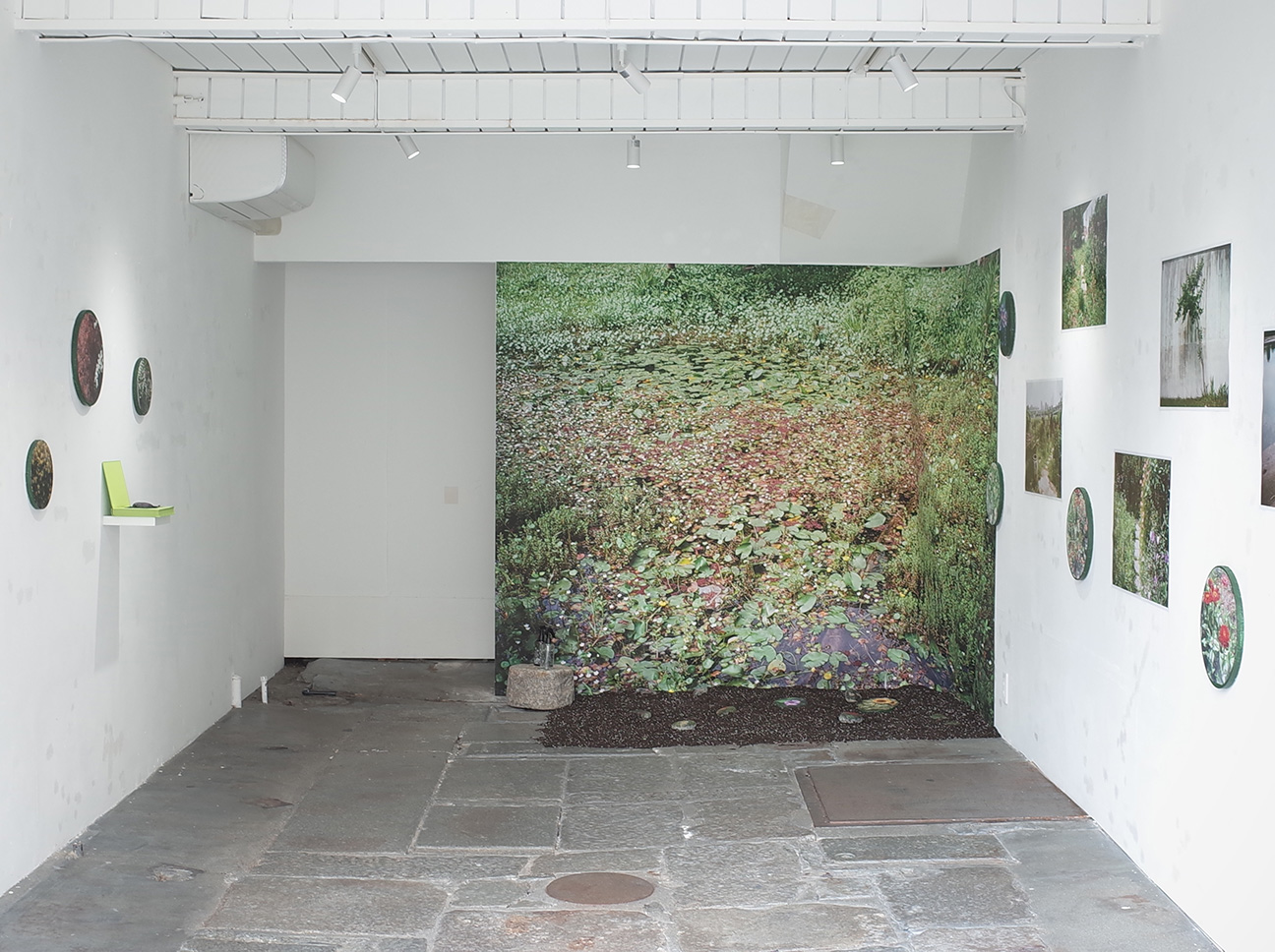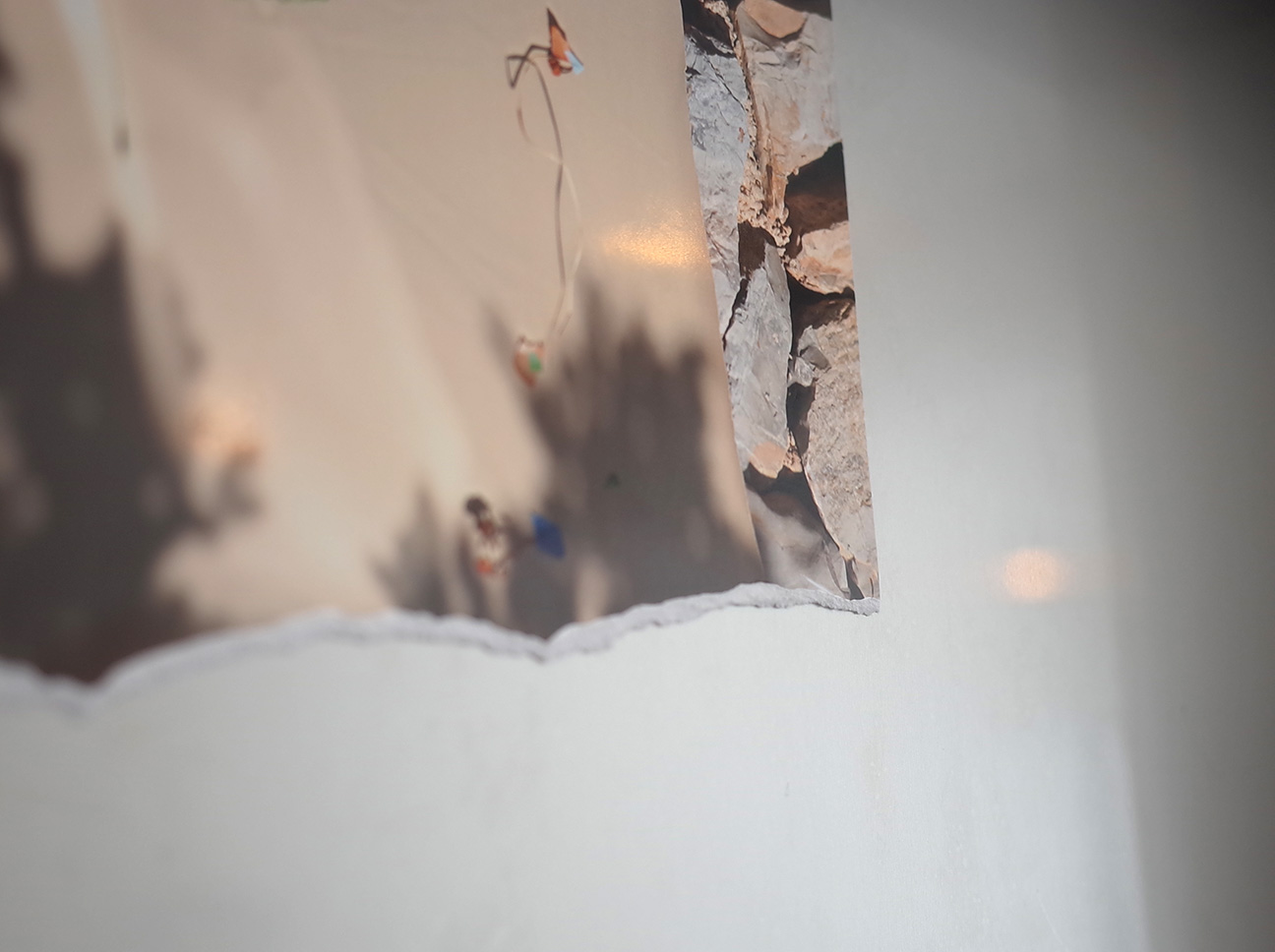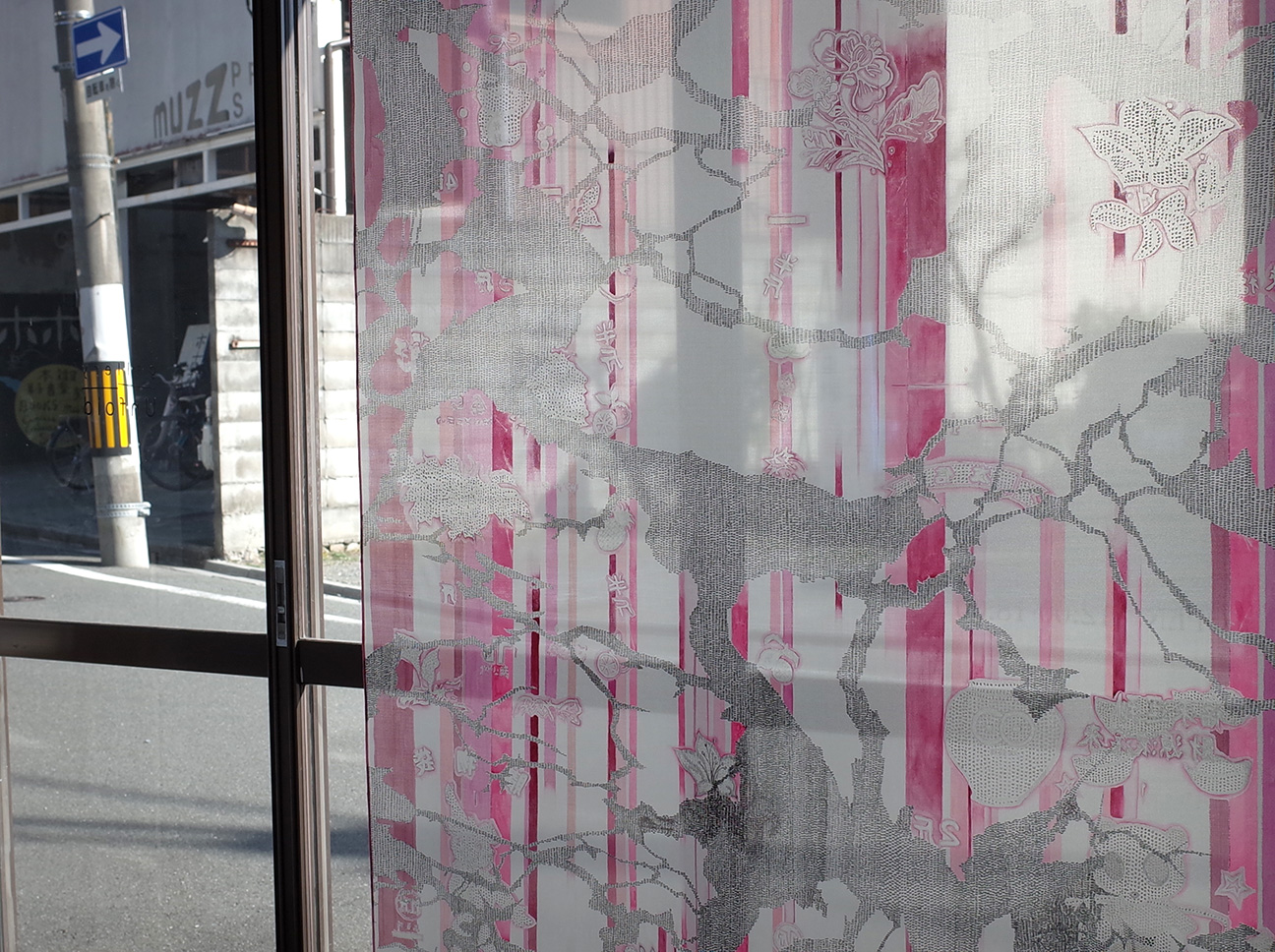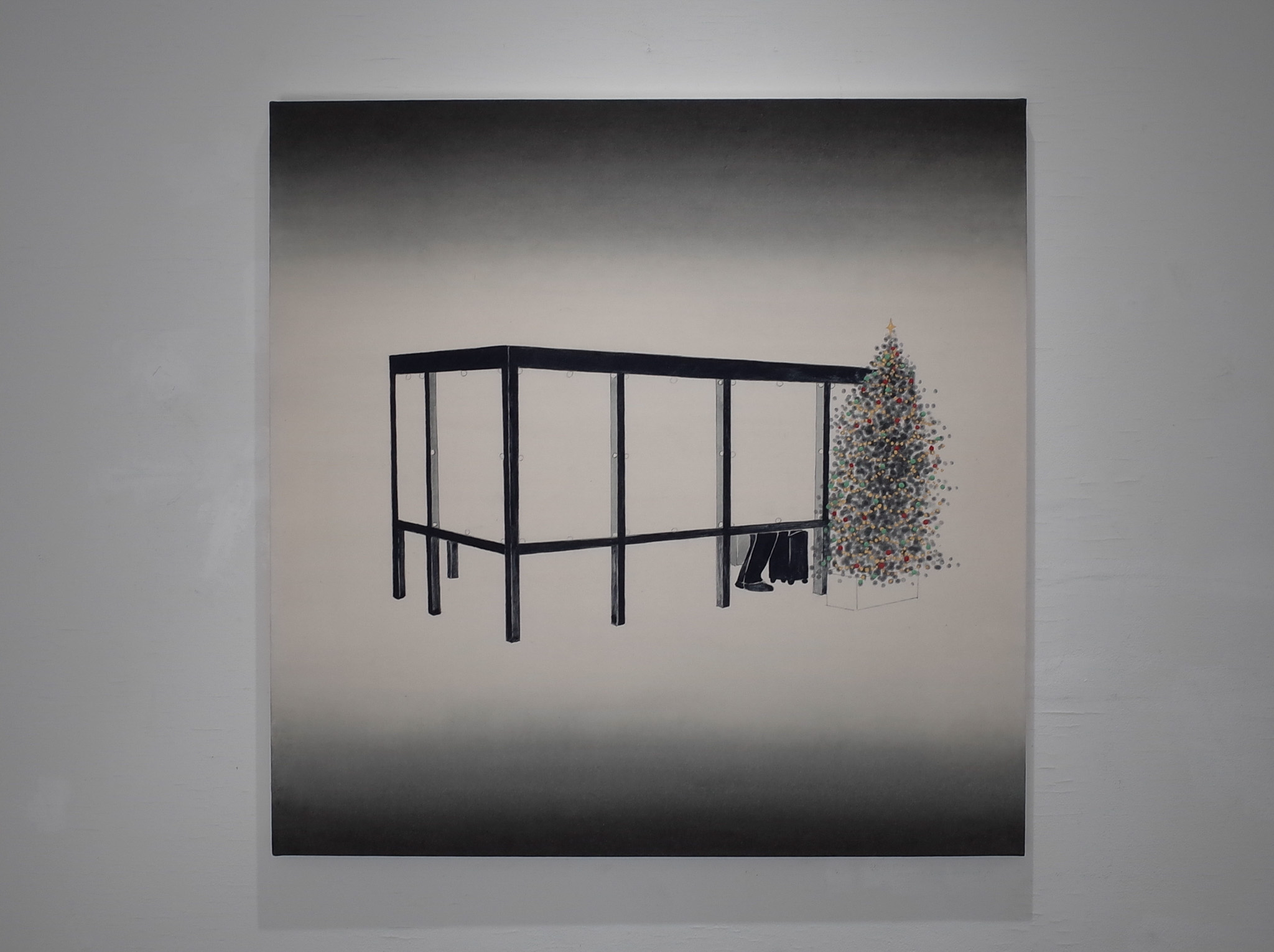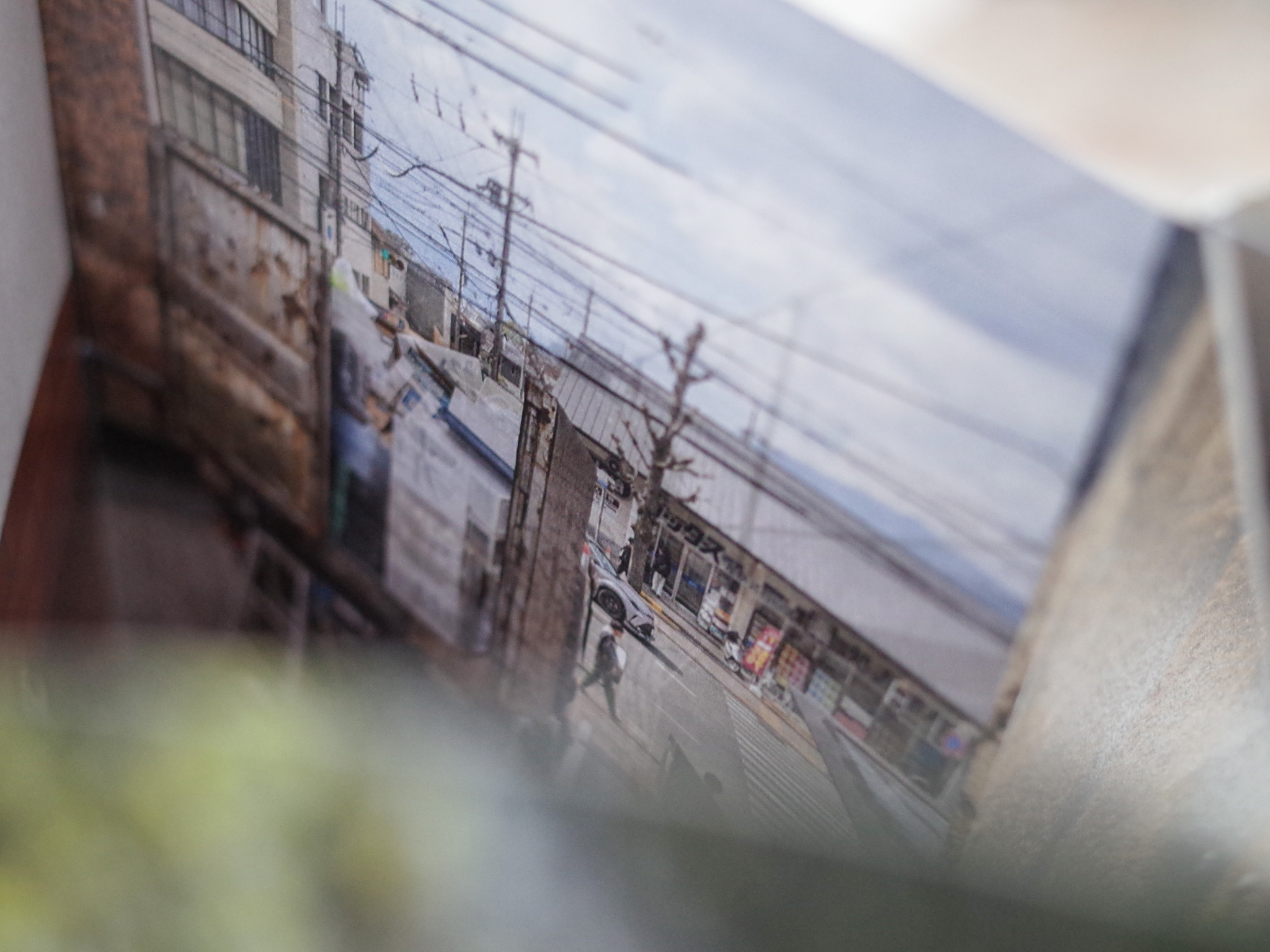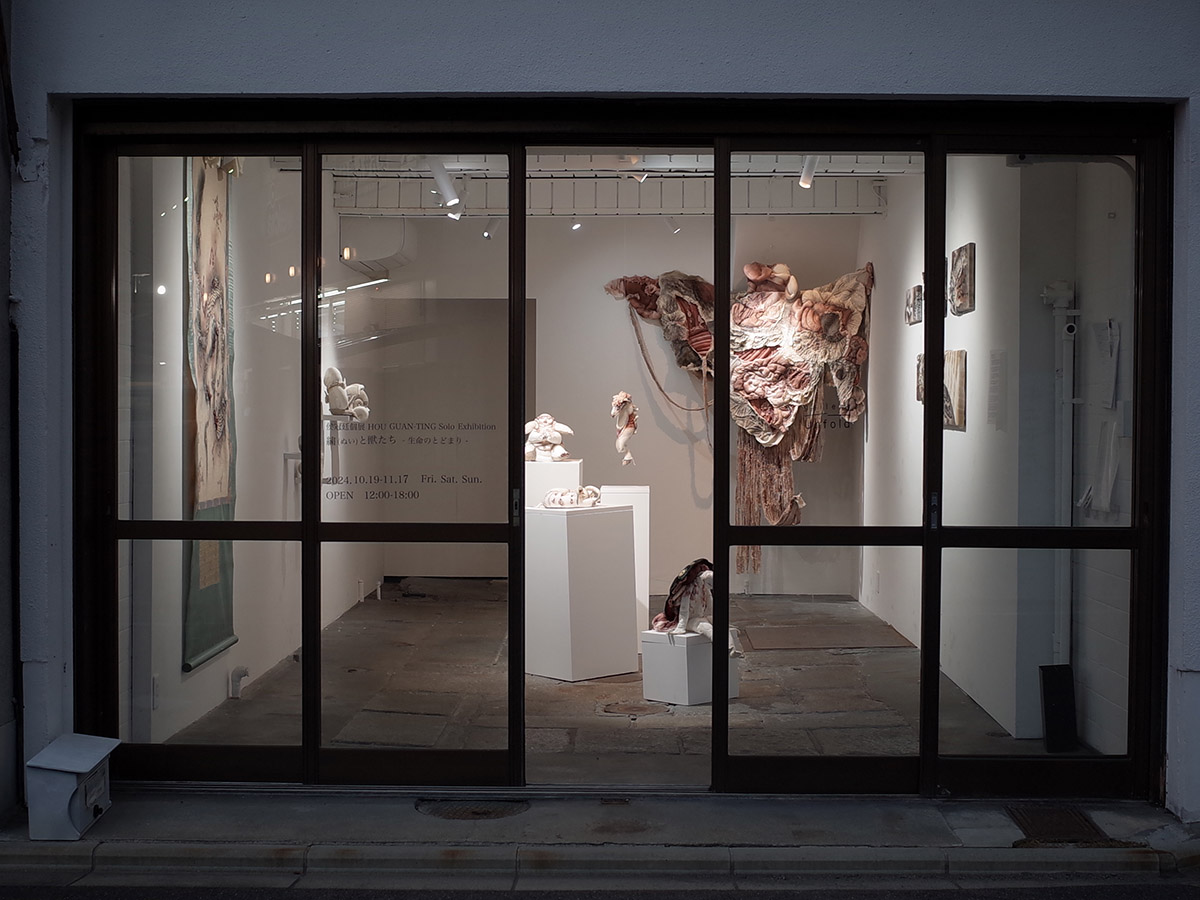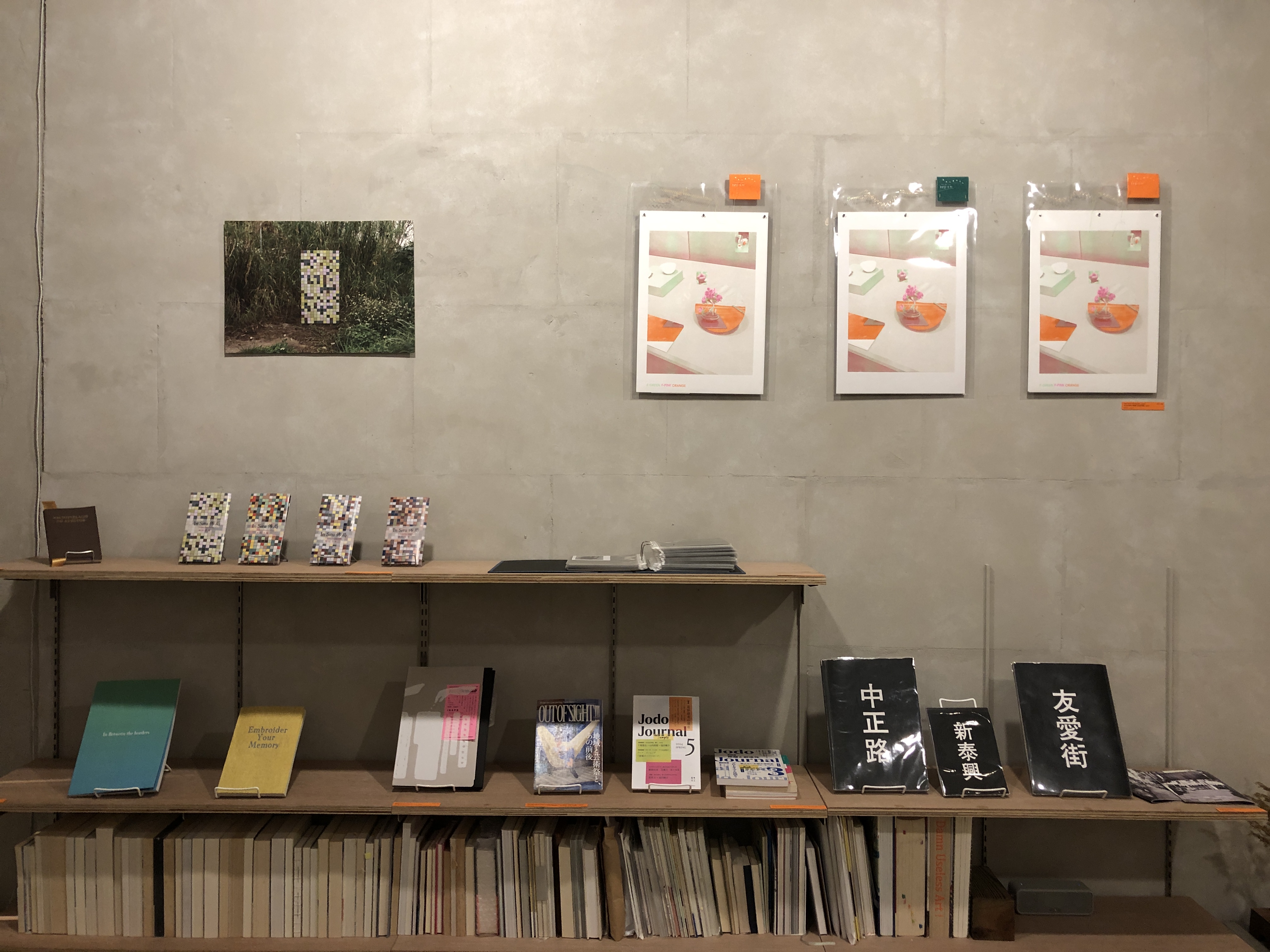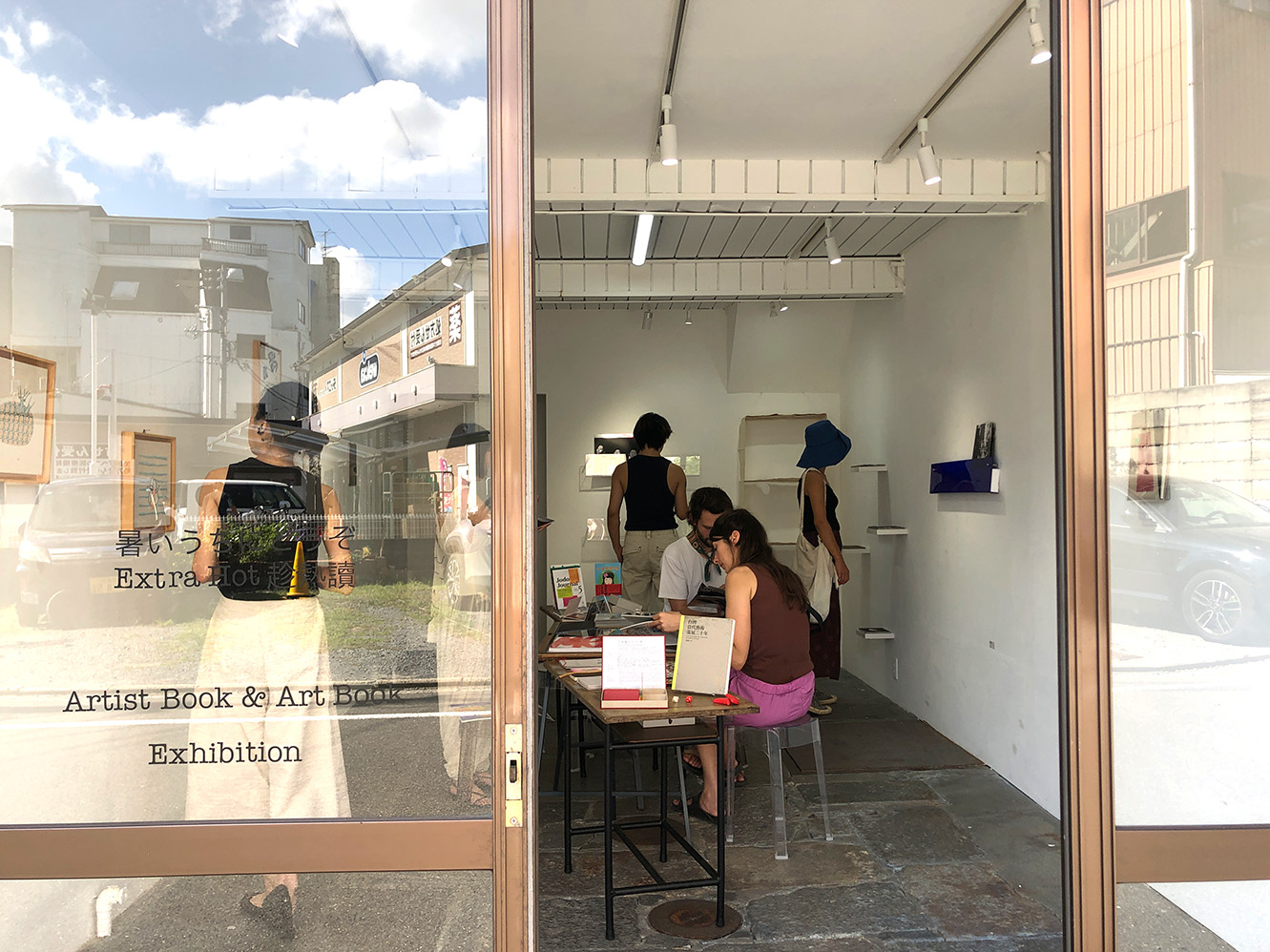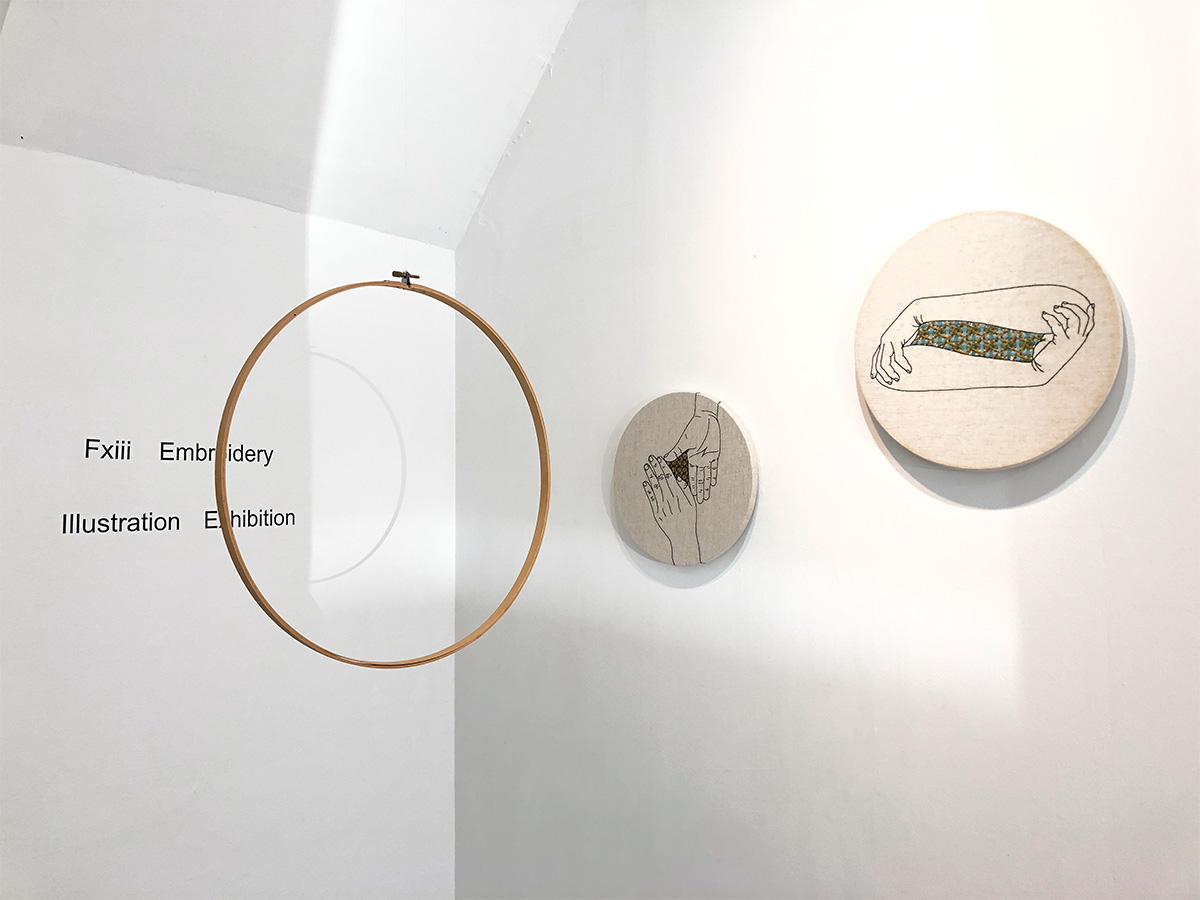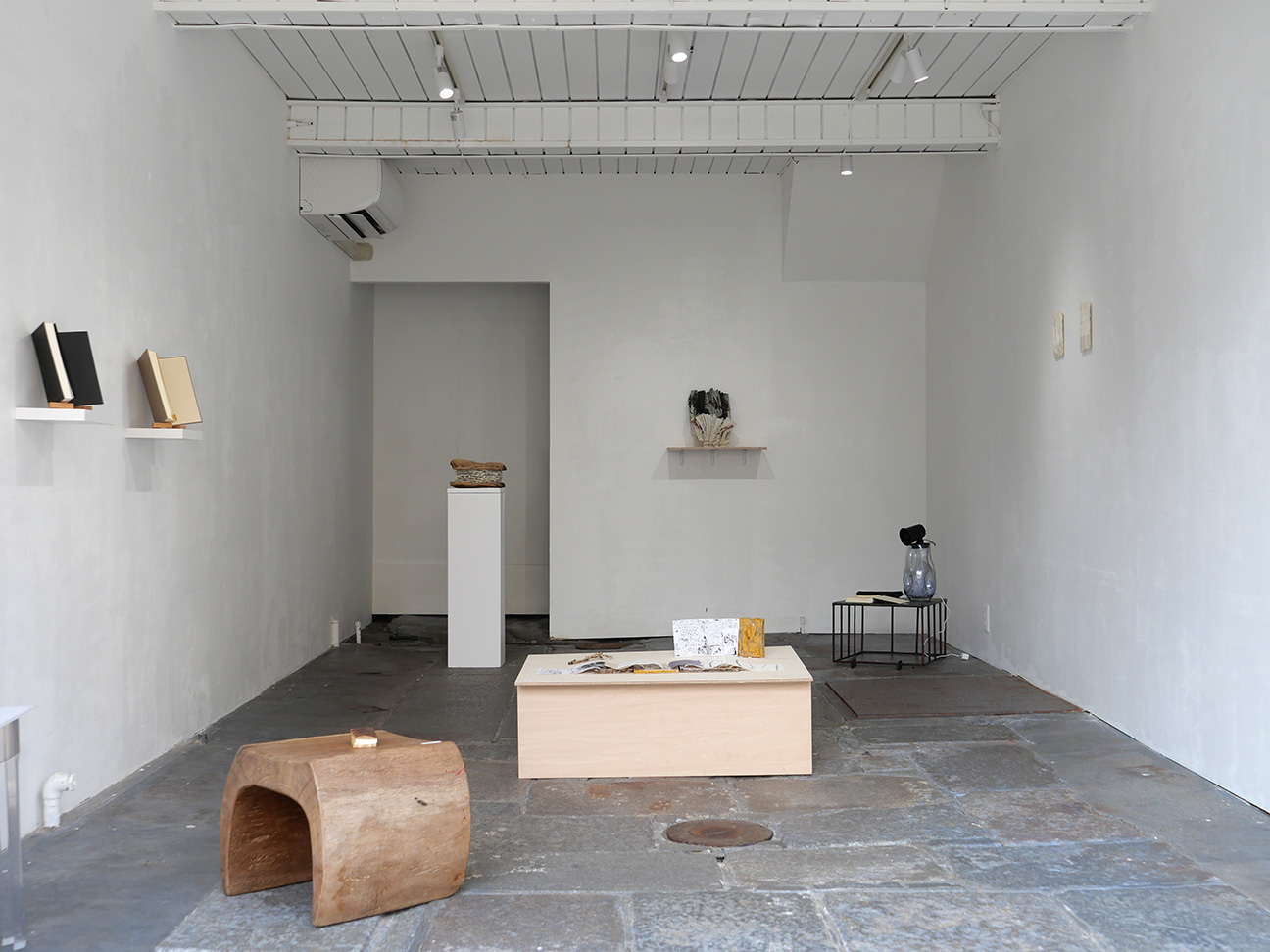
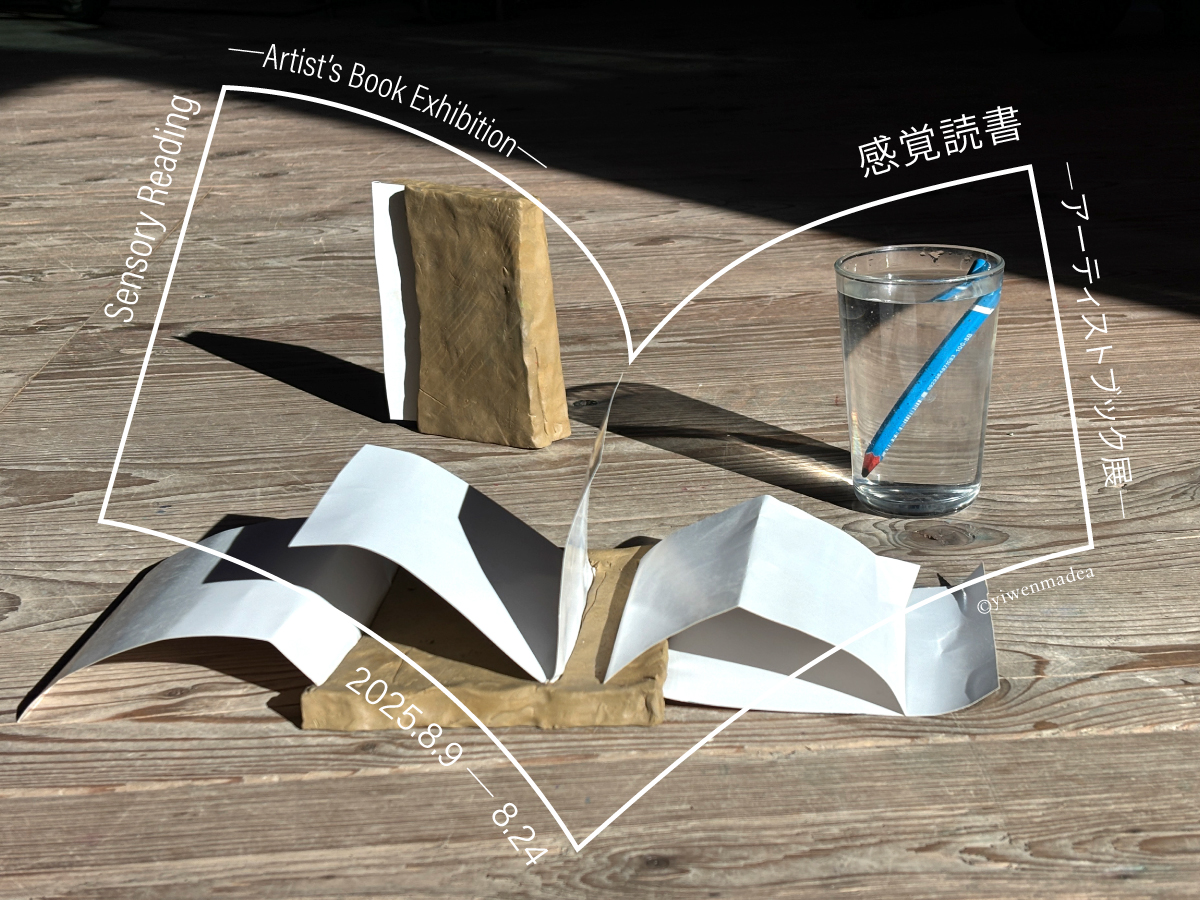
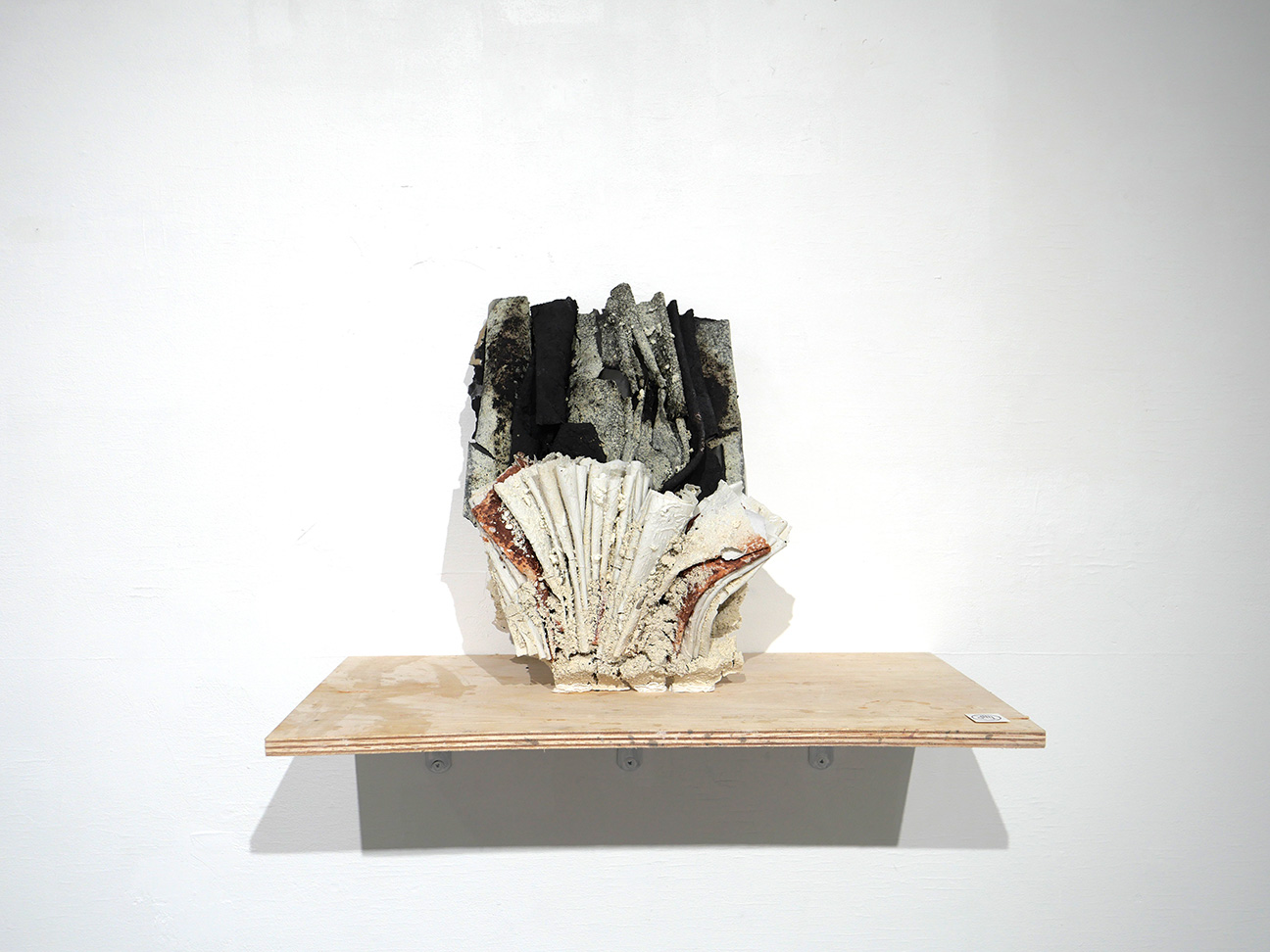
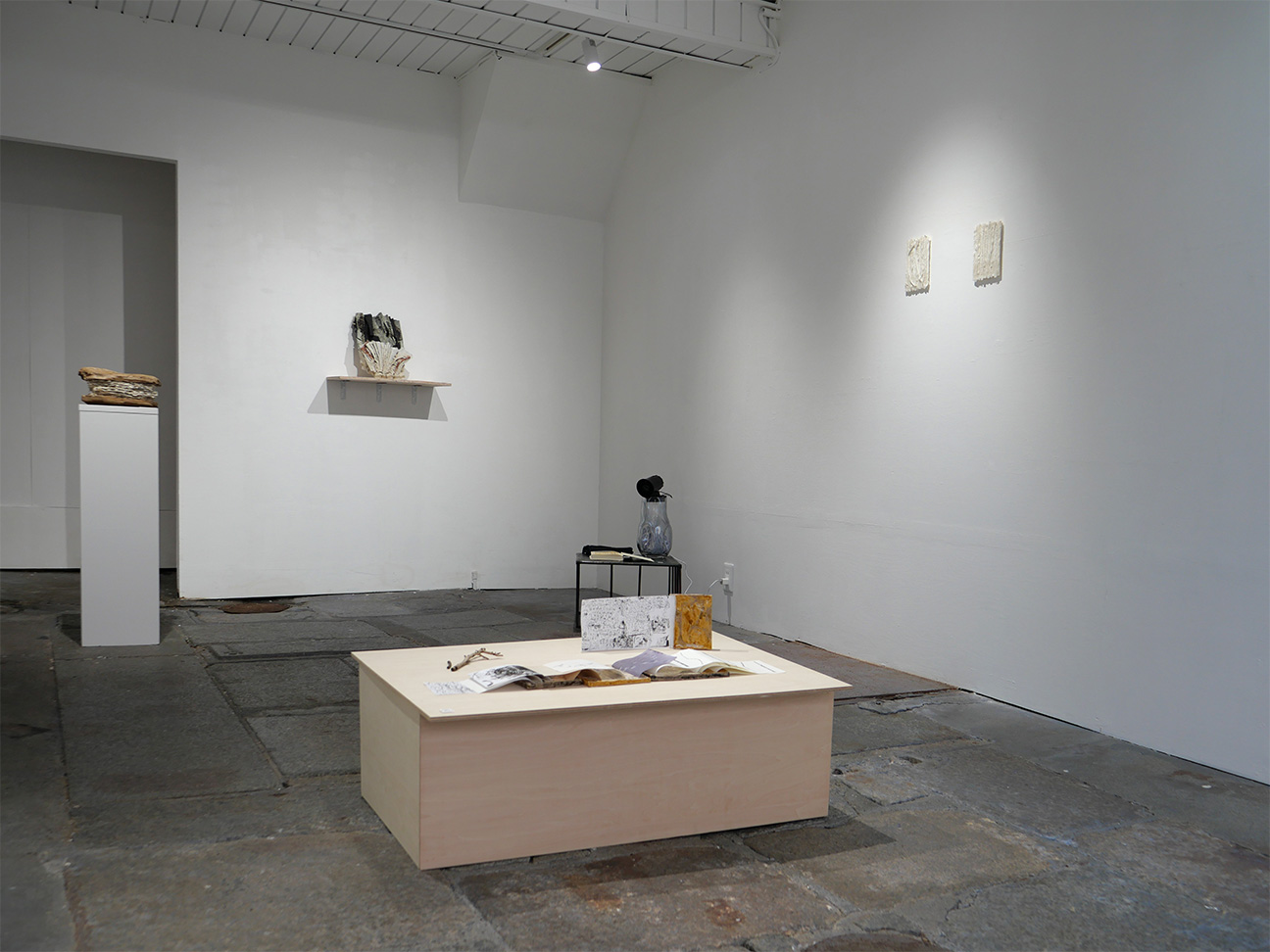
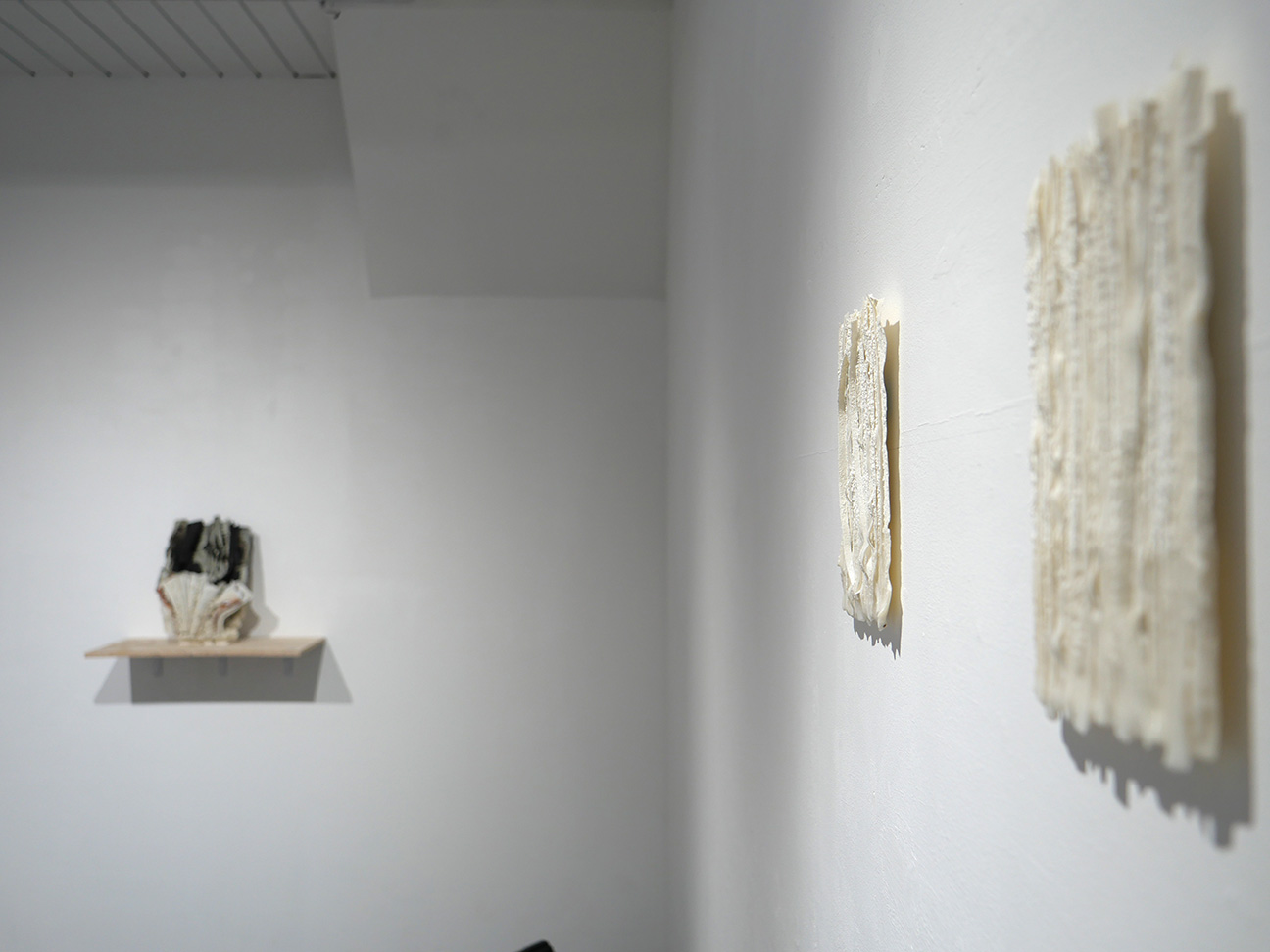
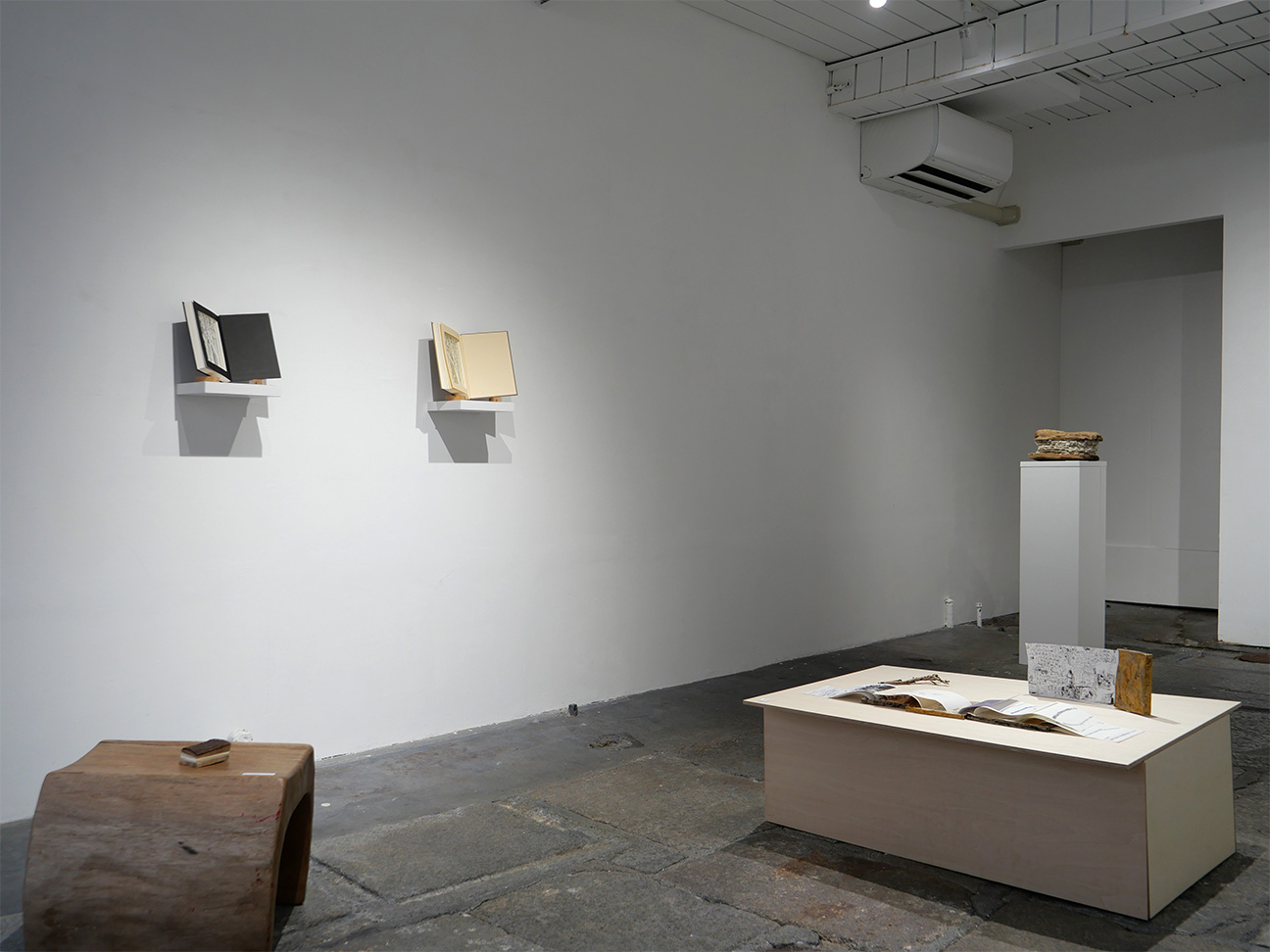
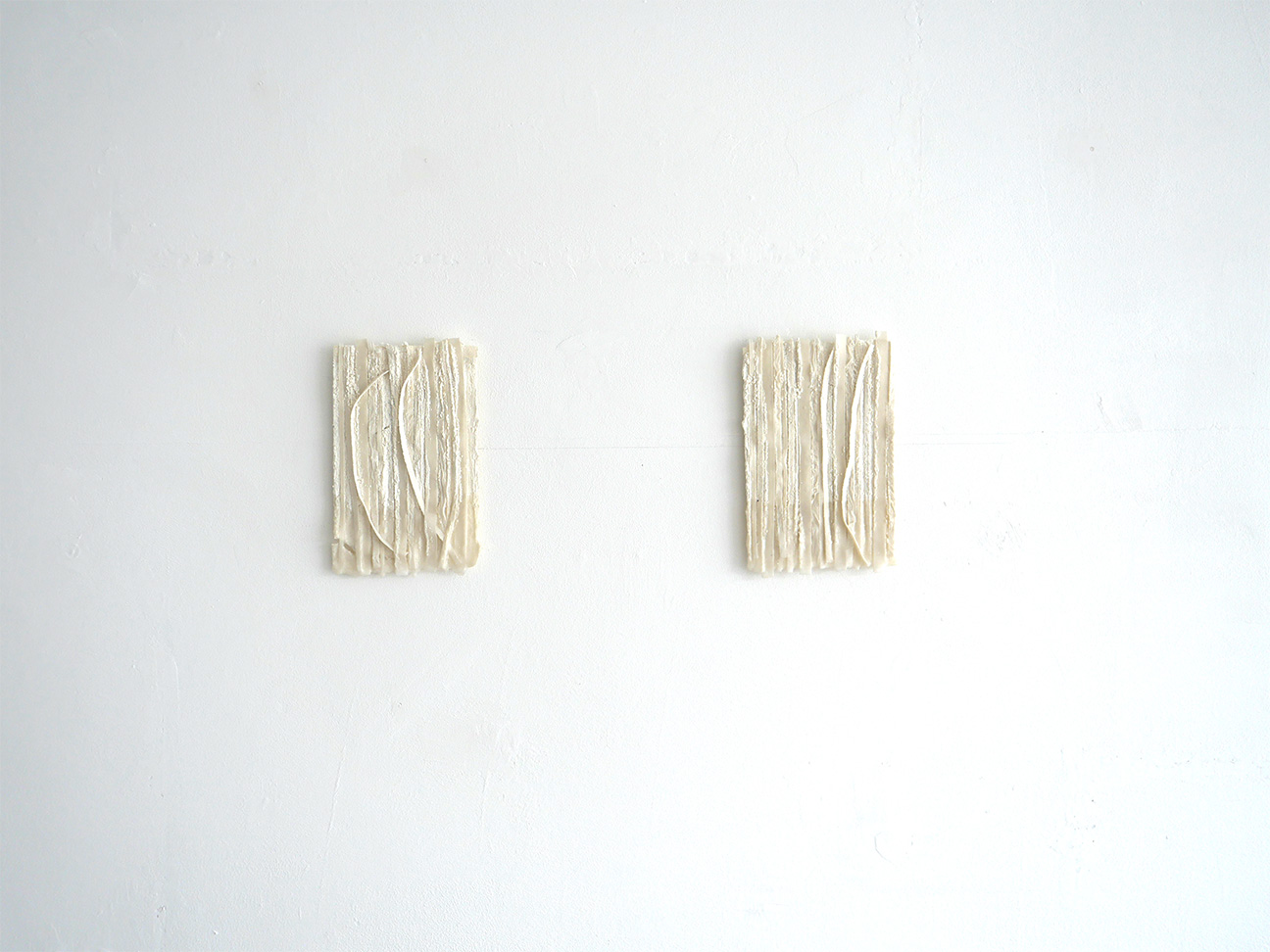
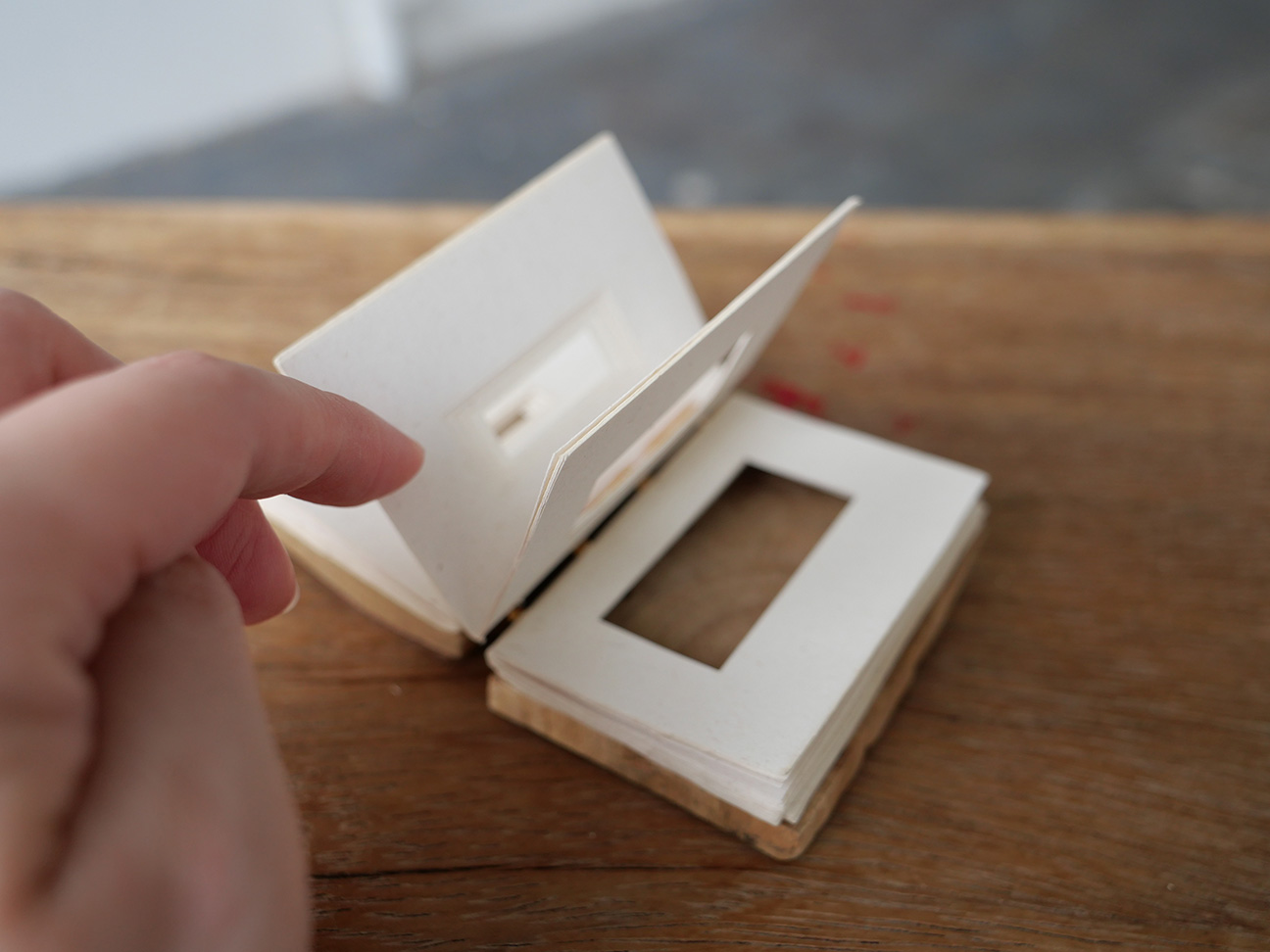
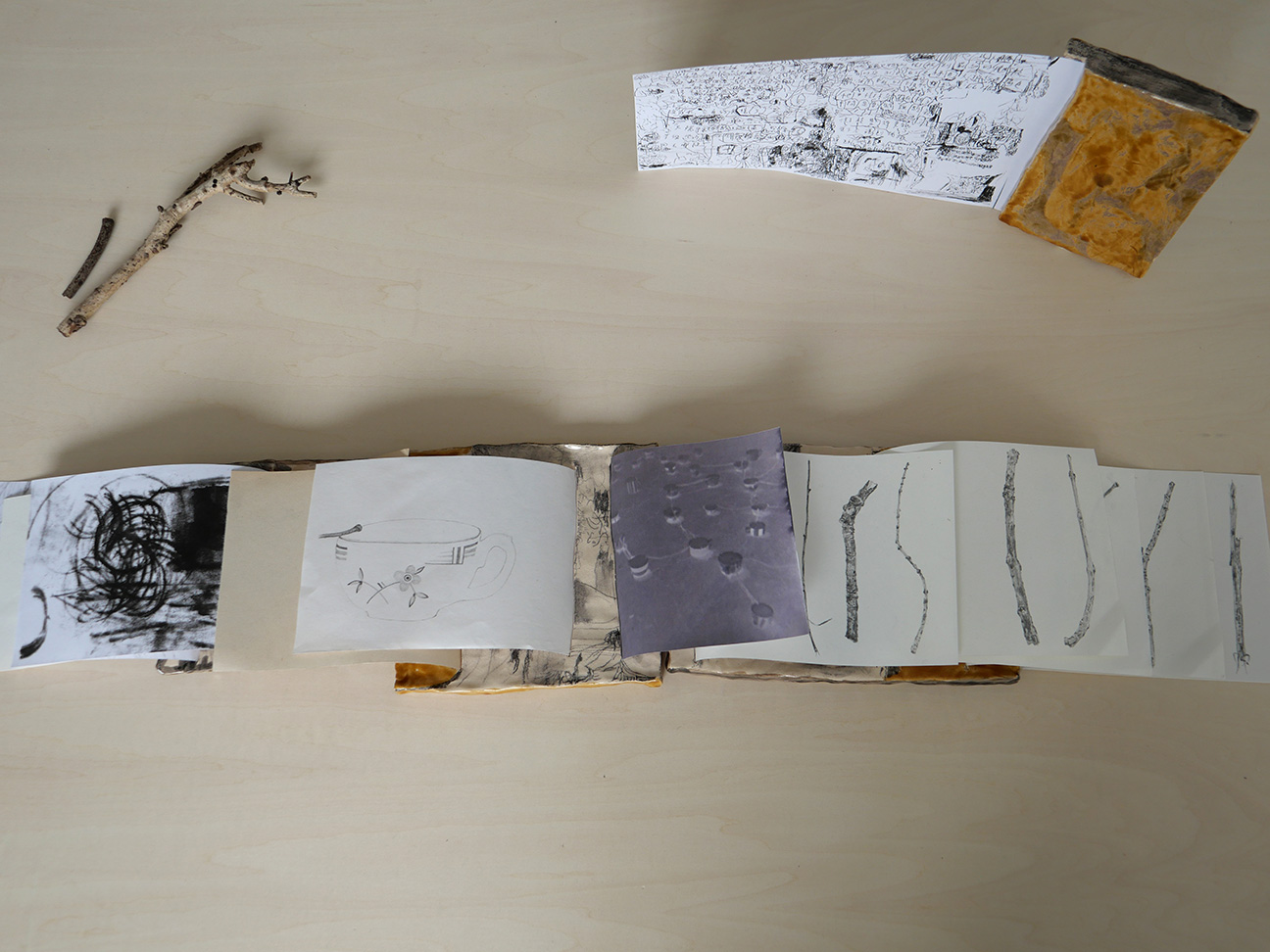
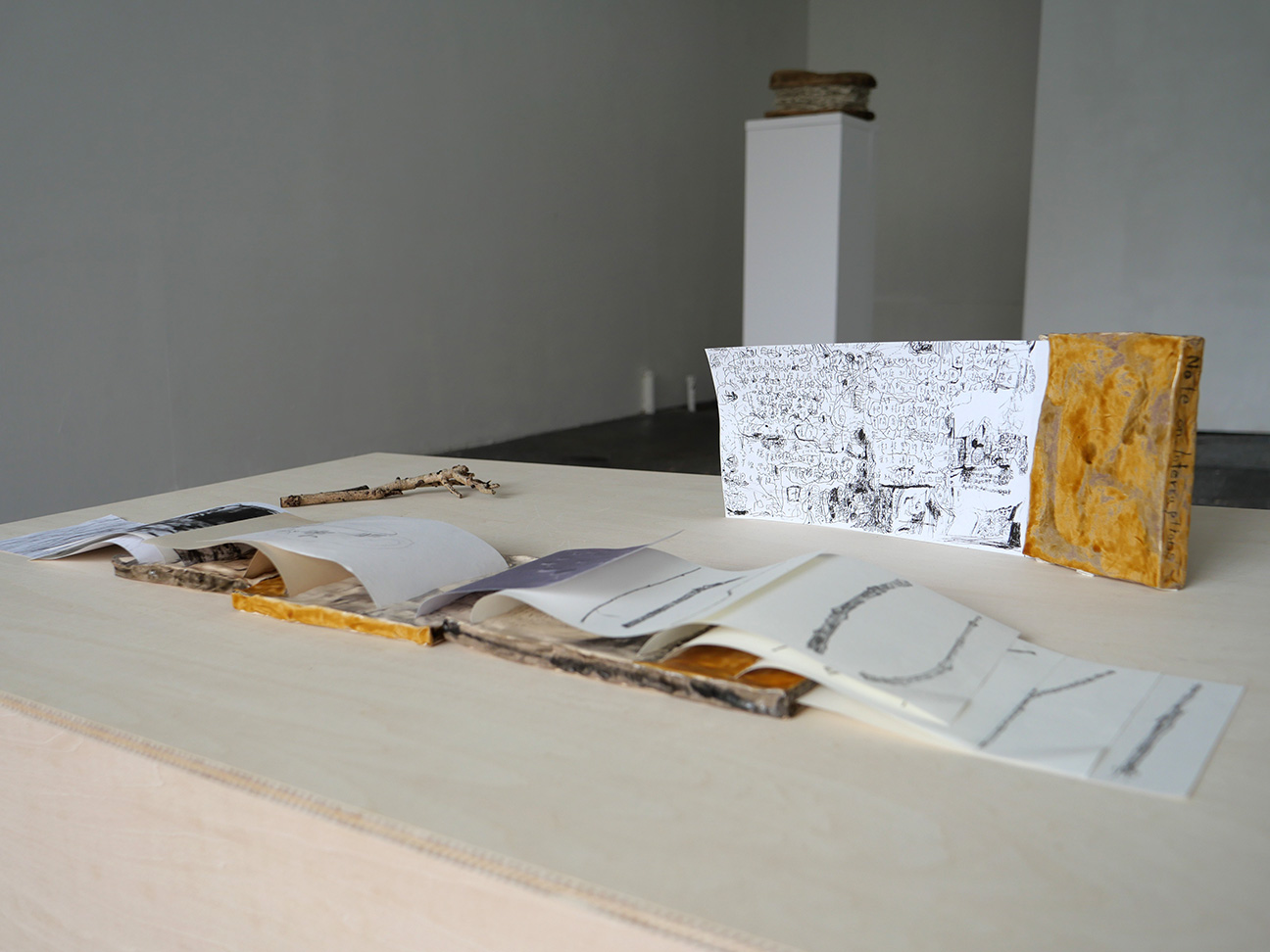
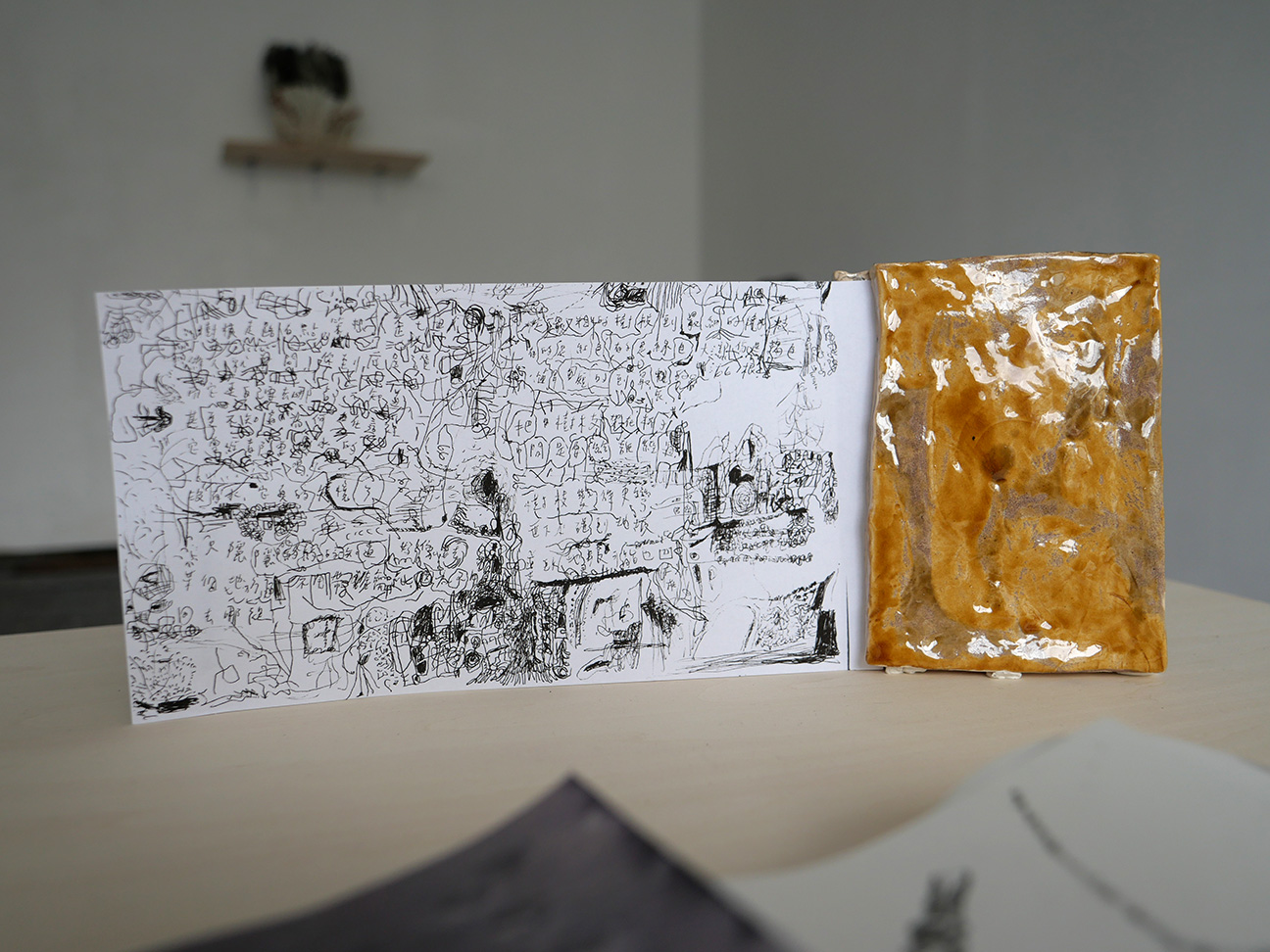
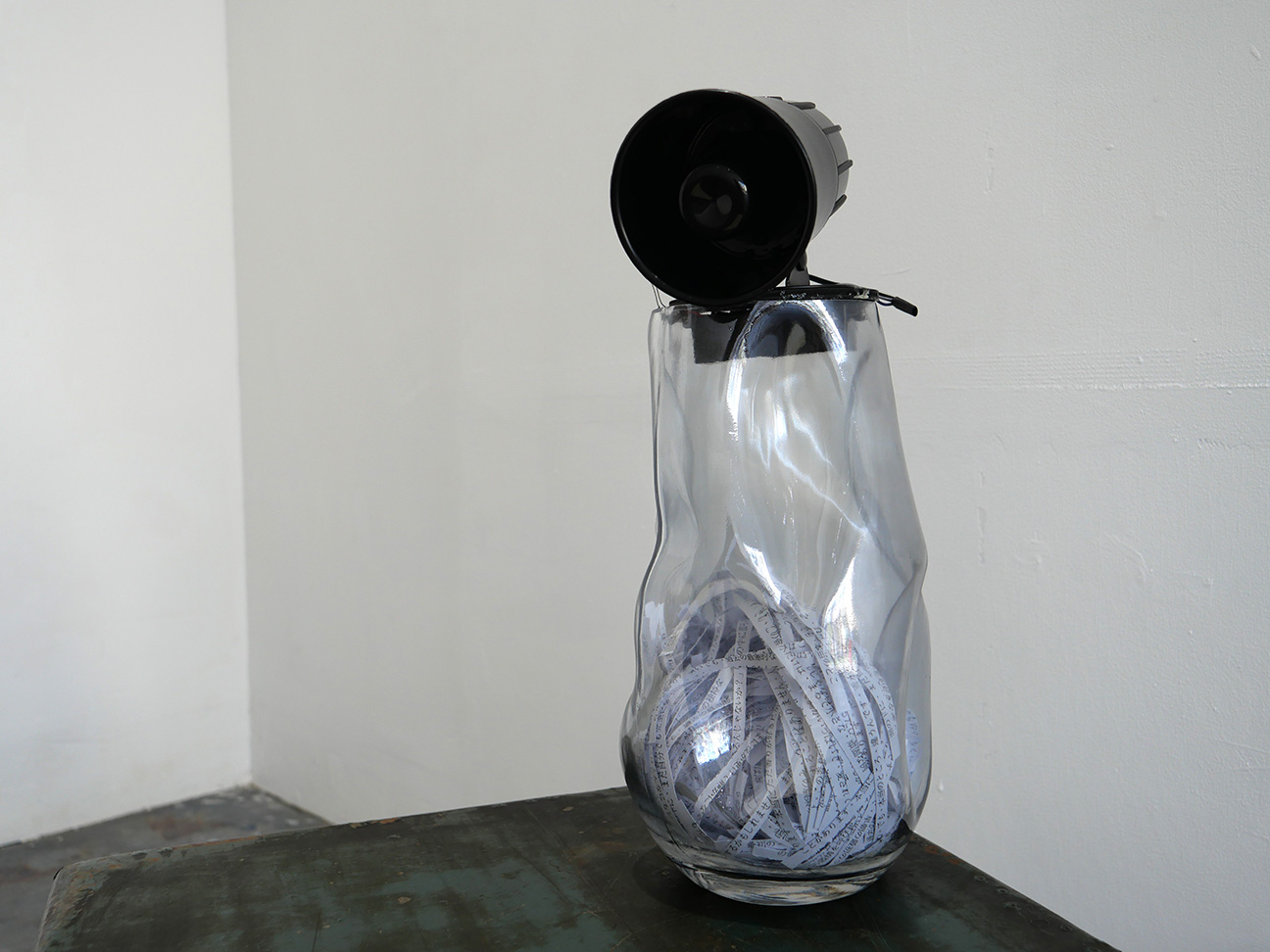
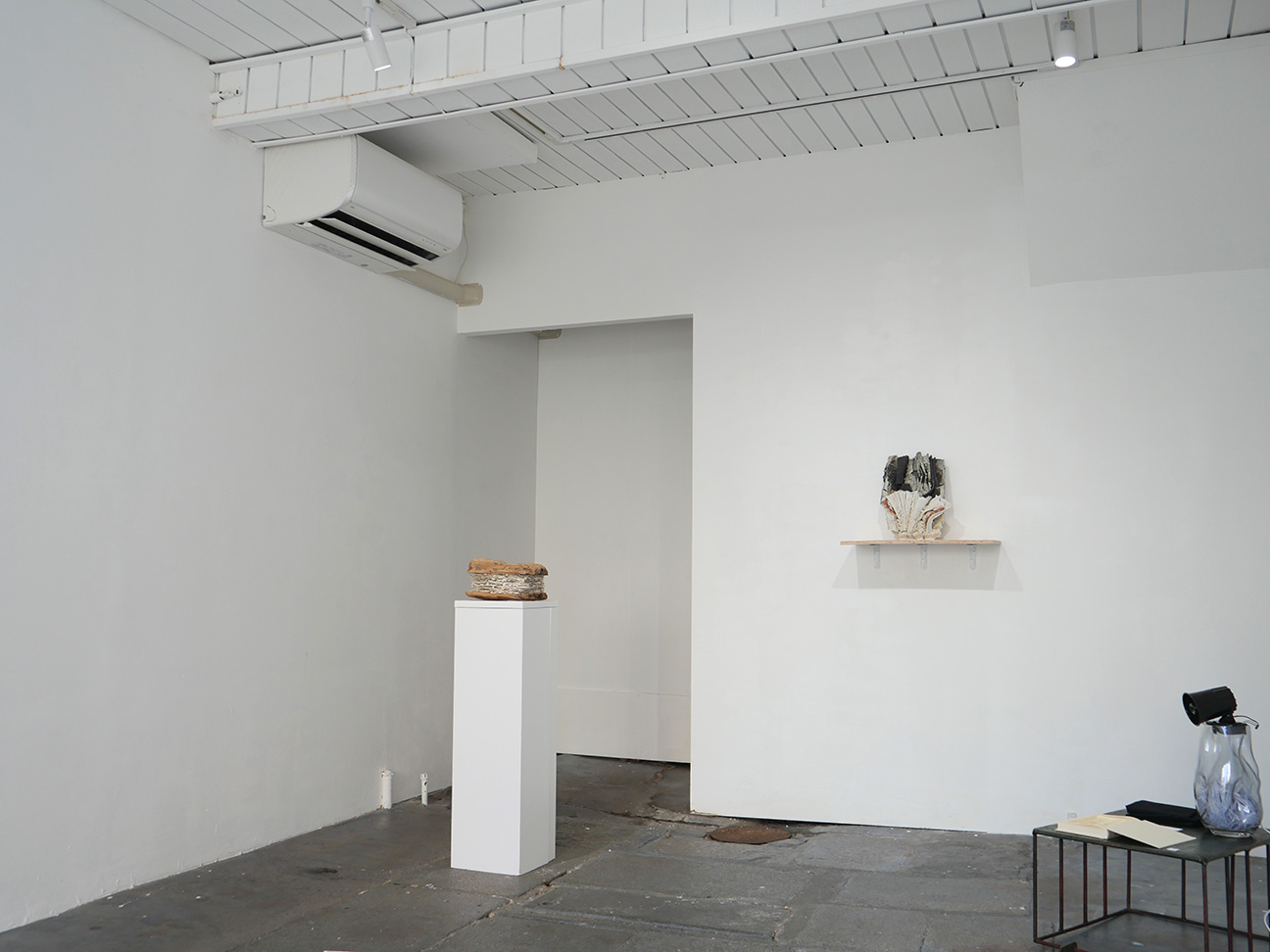
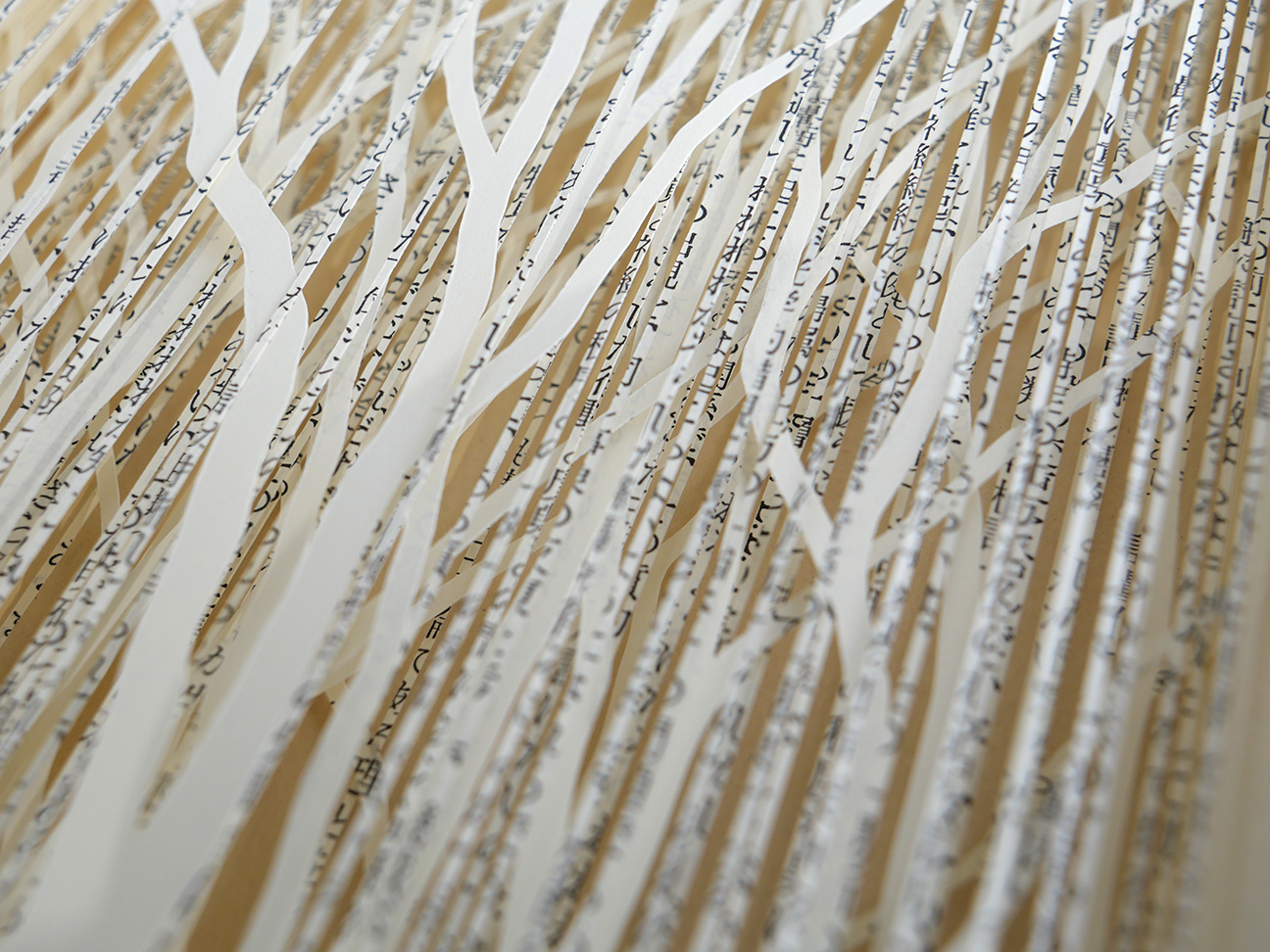
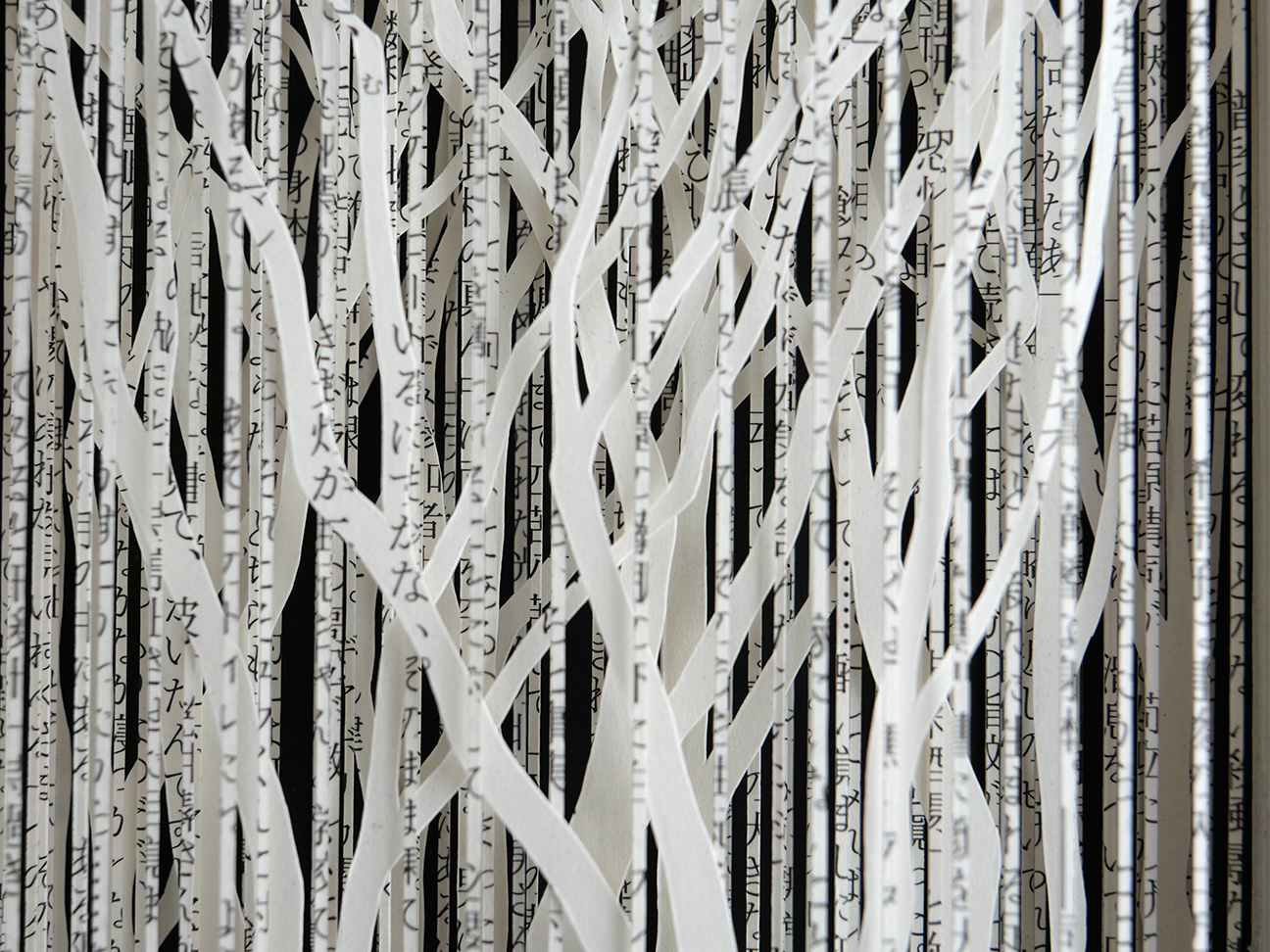
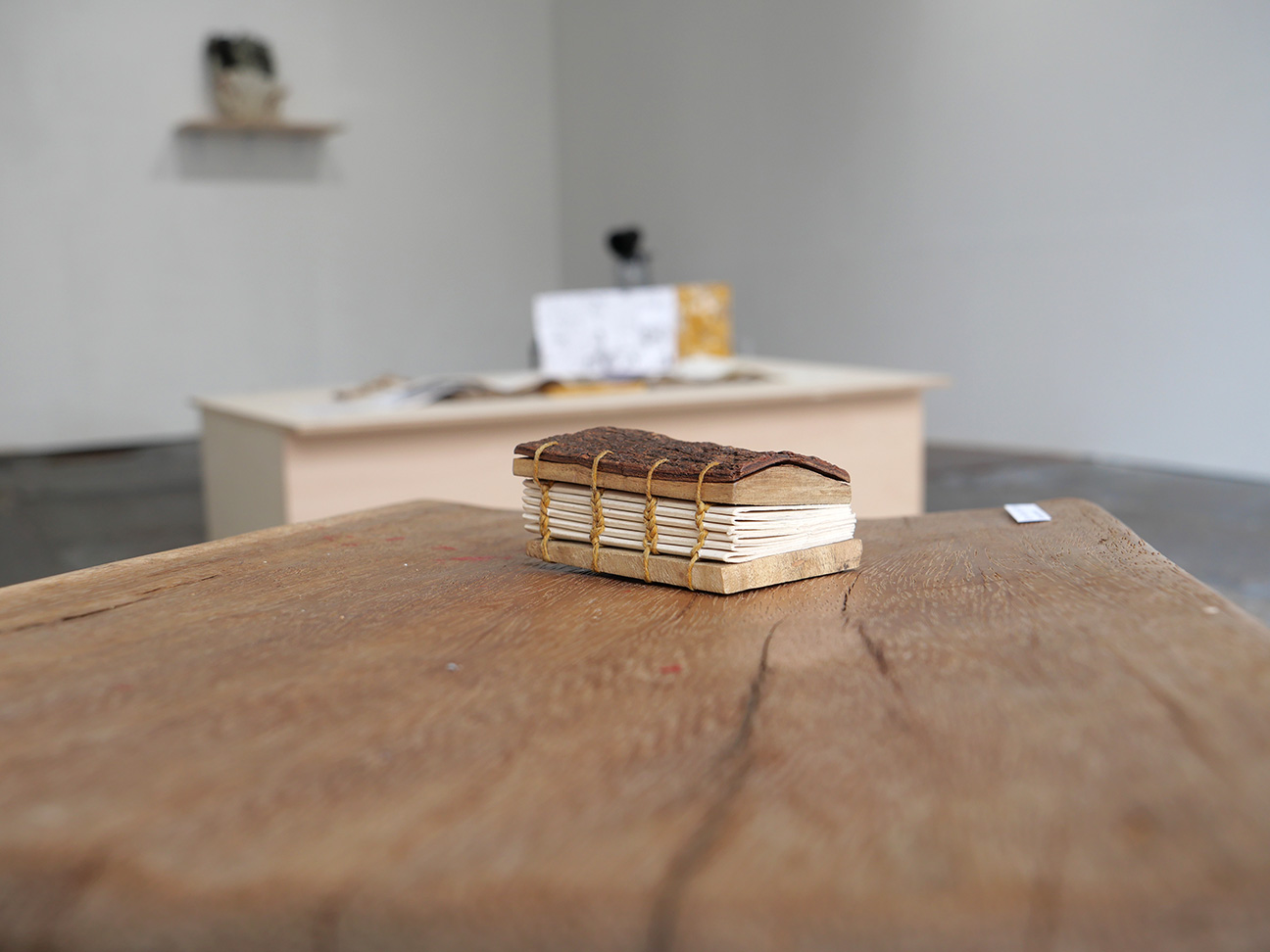
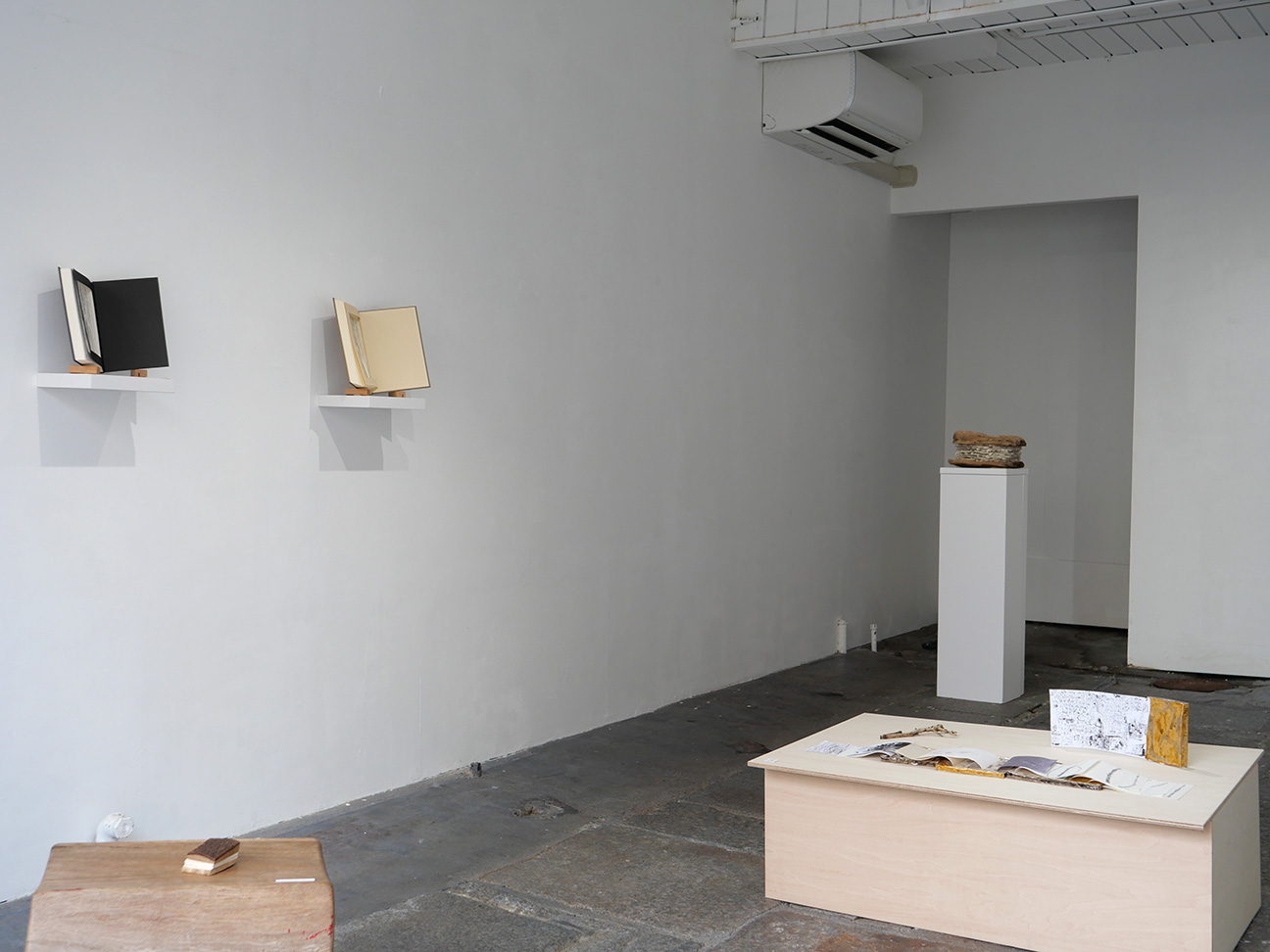

















Sensory Reading -Artist's Book Exhibition-
Yi-Wen Chen  、Katie Strachan
、Katie Strachan  、Hai-Rong Sung
、Hai-Rong Sung  、Hiroyuki Tanaka
、Hiroyuki Tanaka  、Siou-Ming Wu
、Siou-Ming Wu 
Aug 9 - Aug 24, 2025
We are all familiar with the book—a container of stories, a vessel of knowledge. But what happens when we challenge that familiarity? We muse on the possibility of books going beyond established boundaries. Departing from the traditional concept, the five artists in our summer exhibition unfold the potential of books as both physical and intellectual entities, realising them in diverse forms.
Most of the featured works are books without words or familiar text structures. These are not objects to be understood through language alone. Instead, reading becomes a practice to be relearned, one that involves multiple senses—senses often suppressed by the conventional experience of visual reception leading directly to the brain producing meaning.
With works that have no separable pages, a new kind of interaction is proposed. The long-practised action of a reader turning a page will have to shift. For these books to take effect, the reader is encouraged to turn their body around the work itself, shifting their perspective to fully experience the piece.
Hiroyuki Tanaka deliberately obstructs the common expectation of the book as a source of meaningful text. Words are lost, and space is given. His creations become both poem and sculpture.
Also centring on the fragmentation of words, Siou-Ming Wu explores the relationship between the revelation of secrets and the absence of light. His work contrasts aural continuity with textual incompletion, suggesting that to learn, one must listen.
In works by Yi-Wen Chen, pages are used as if they were canvases, with ceramic covers serving as frames. The idea of disturbance underlies Chen’s exploration of both established art and cultural forms, as well as her selected subject matters.
Employing ceramic, too, Katie Strachan shows how books serve as a fundamental human way of recording experience. With texture rather than language, the concertinaed surfaces become direct communication, each piece a monument to life with its suffering and strength.
Turning from the lives of humans to that of trees—from which we ask for paper—Hai-Rong Sung retrieves the decayed or abruptly ended lives of trees. She turns the concept of paper from a noun to a verb, suggesting that touching is reading.
Our exhibition invites visitors to go beyond their habitual ways of reading and to make sense of the world through their senses.
Curation|Unfold Contemporary
Text|Chien Lee
Japanese Editing|Mu-Wei Huang
